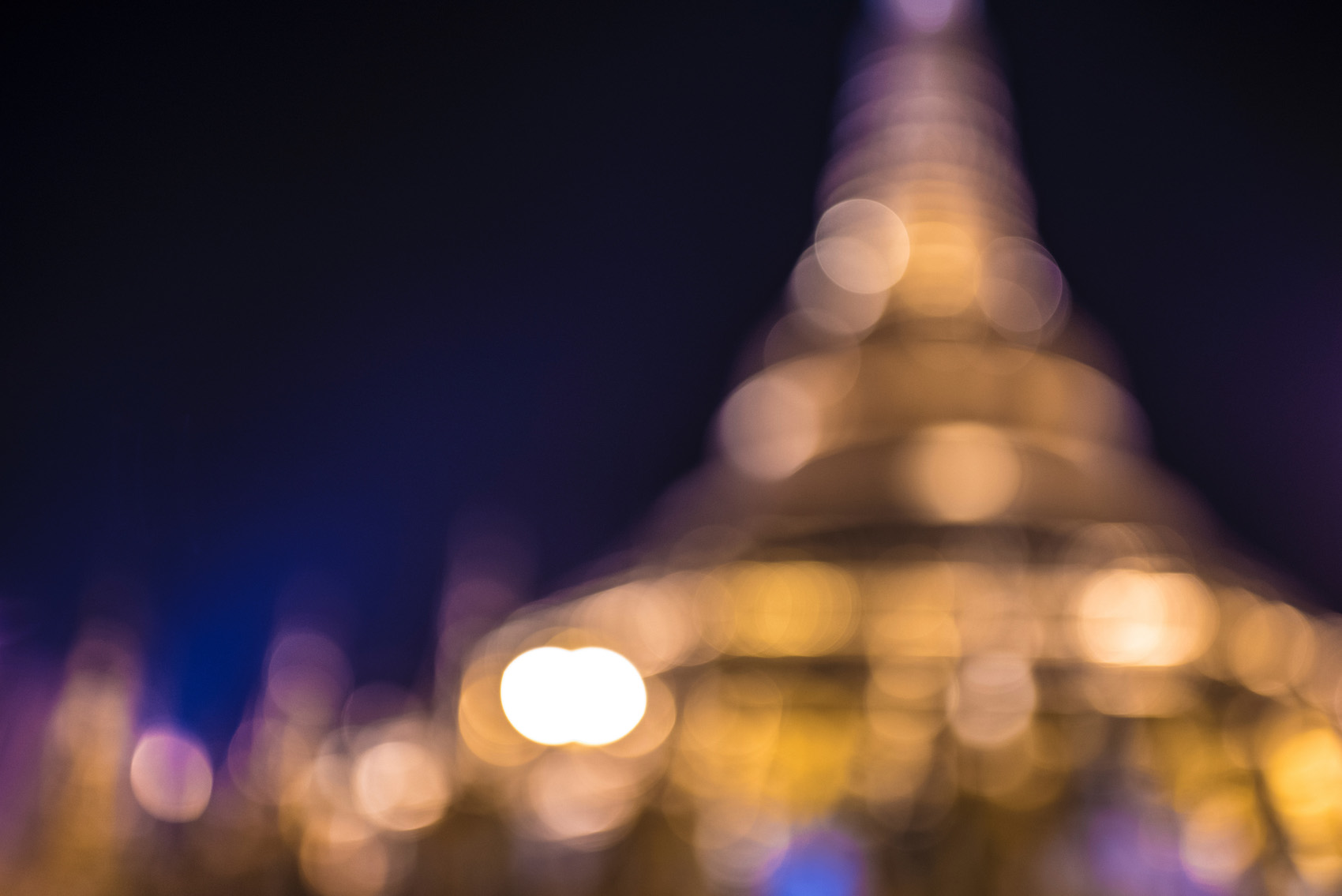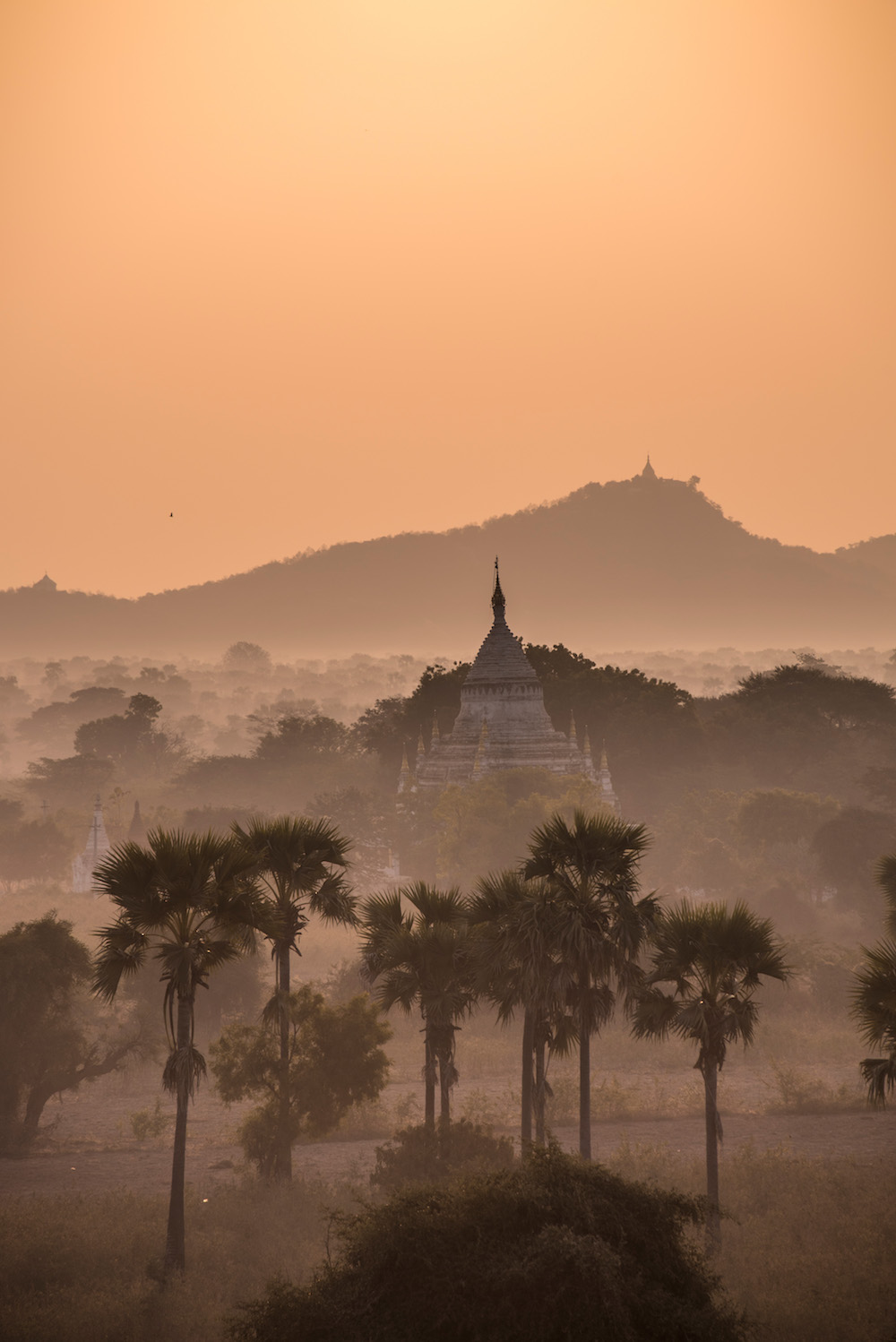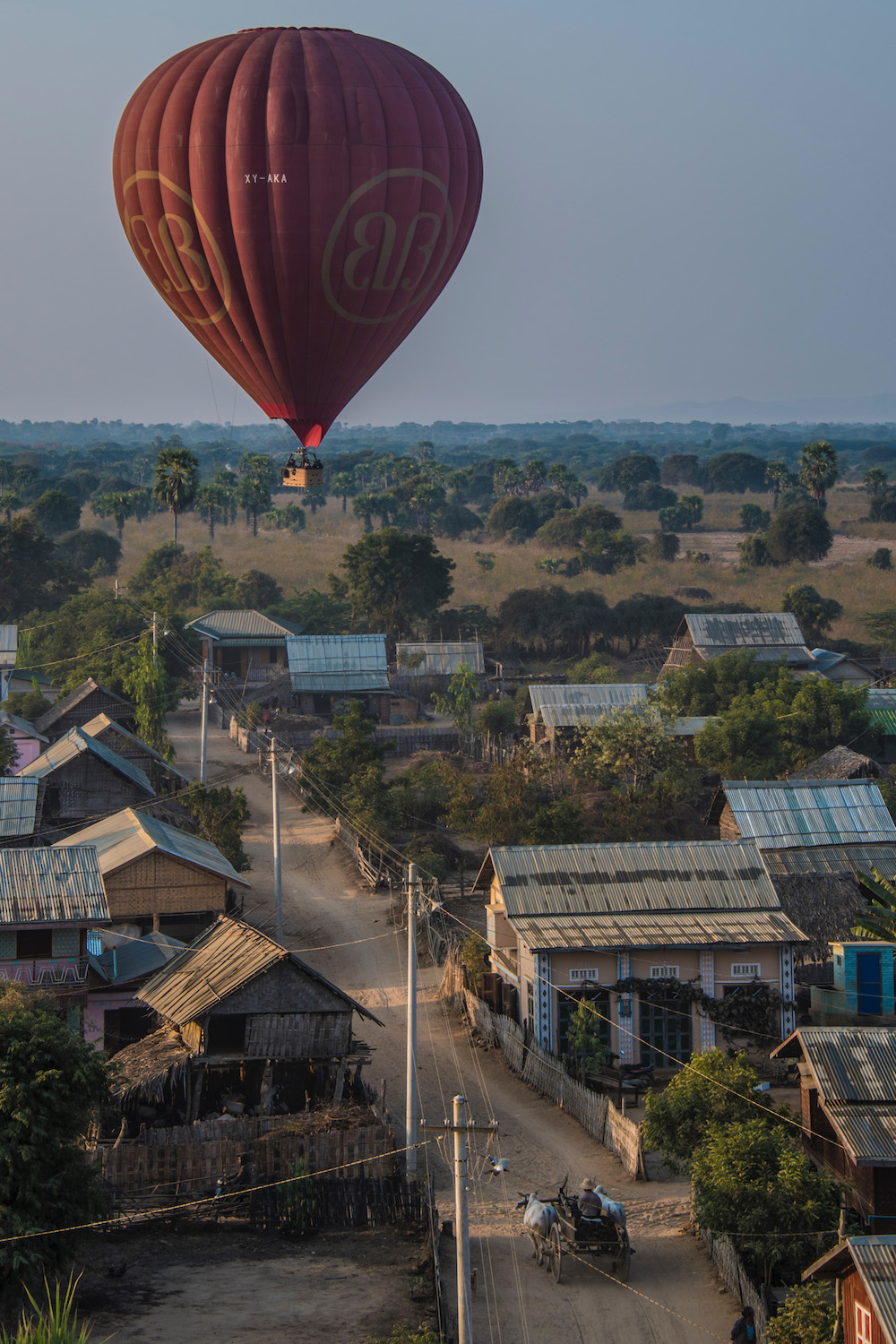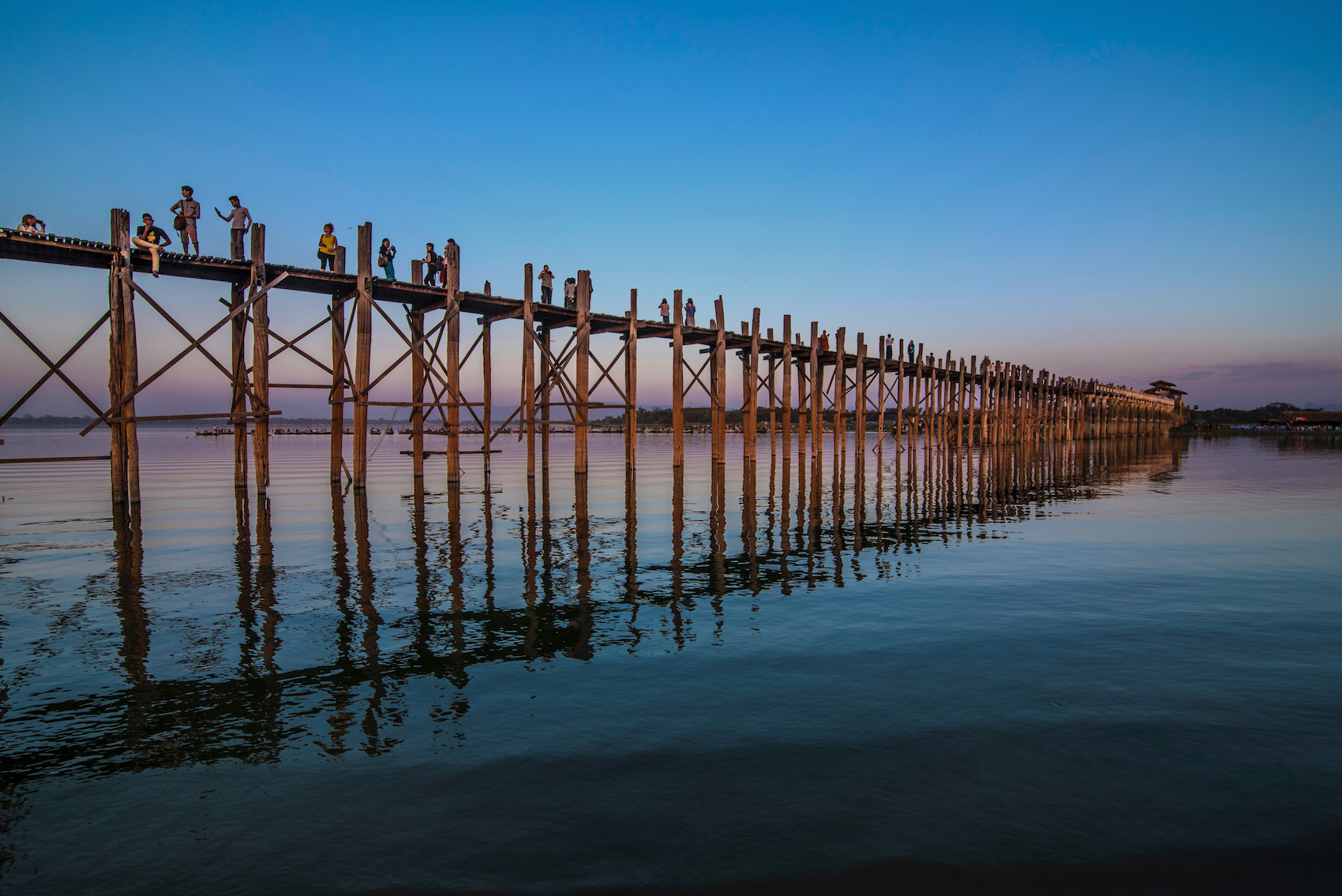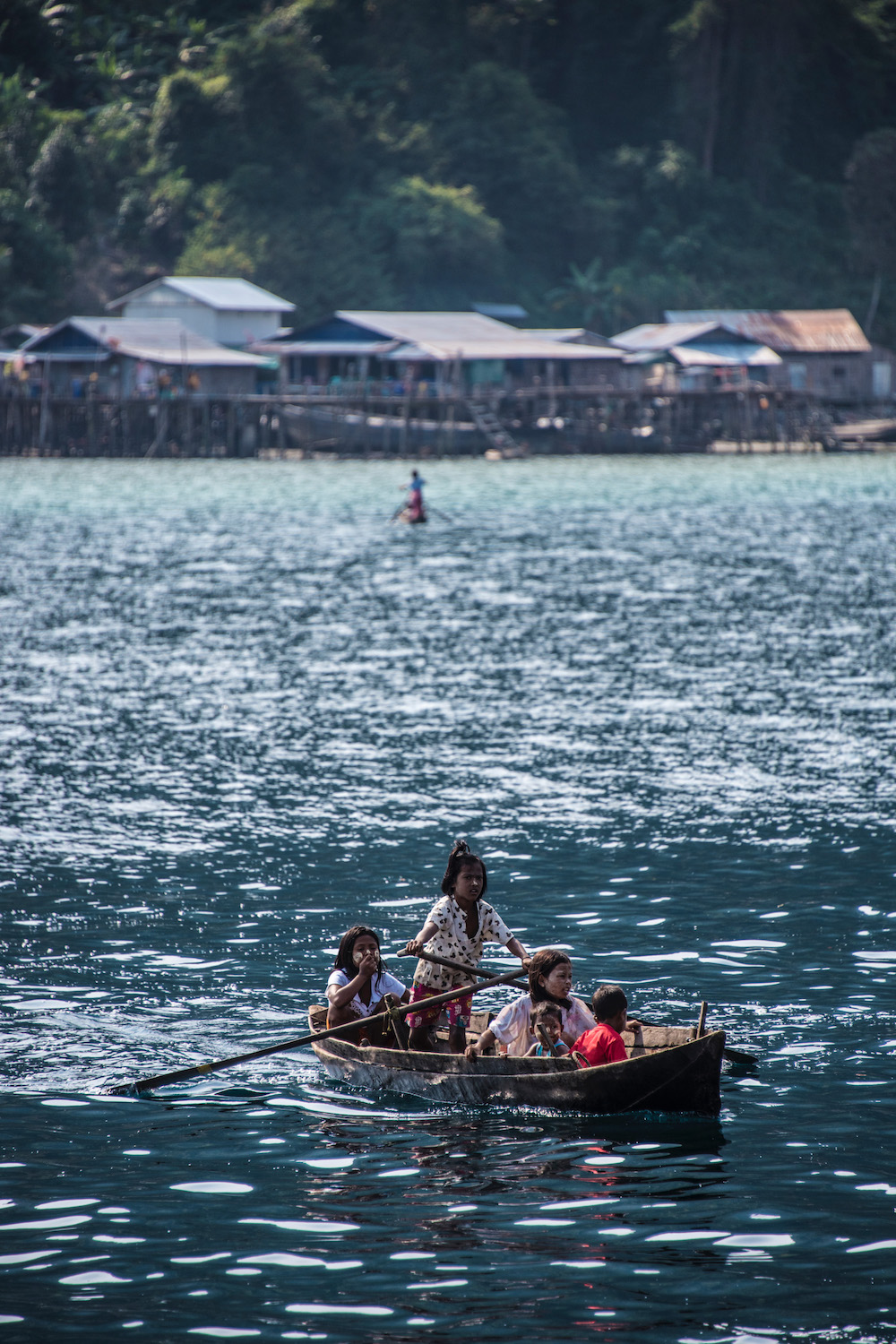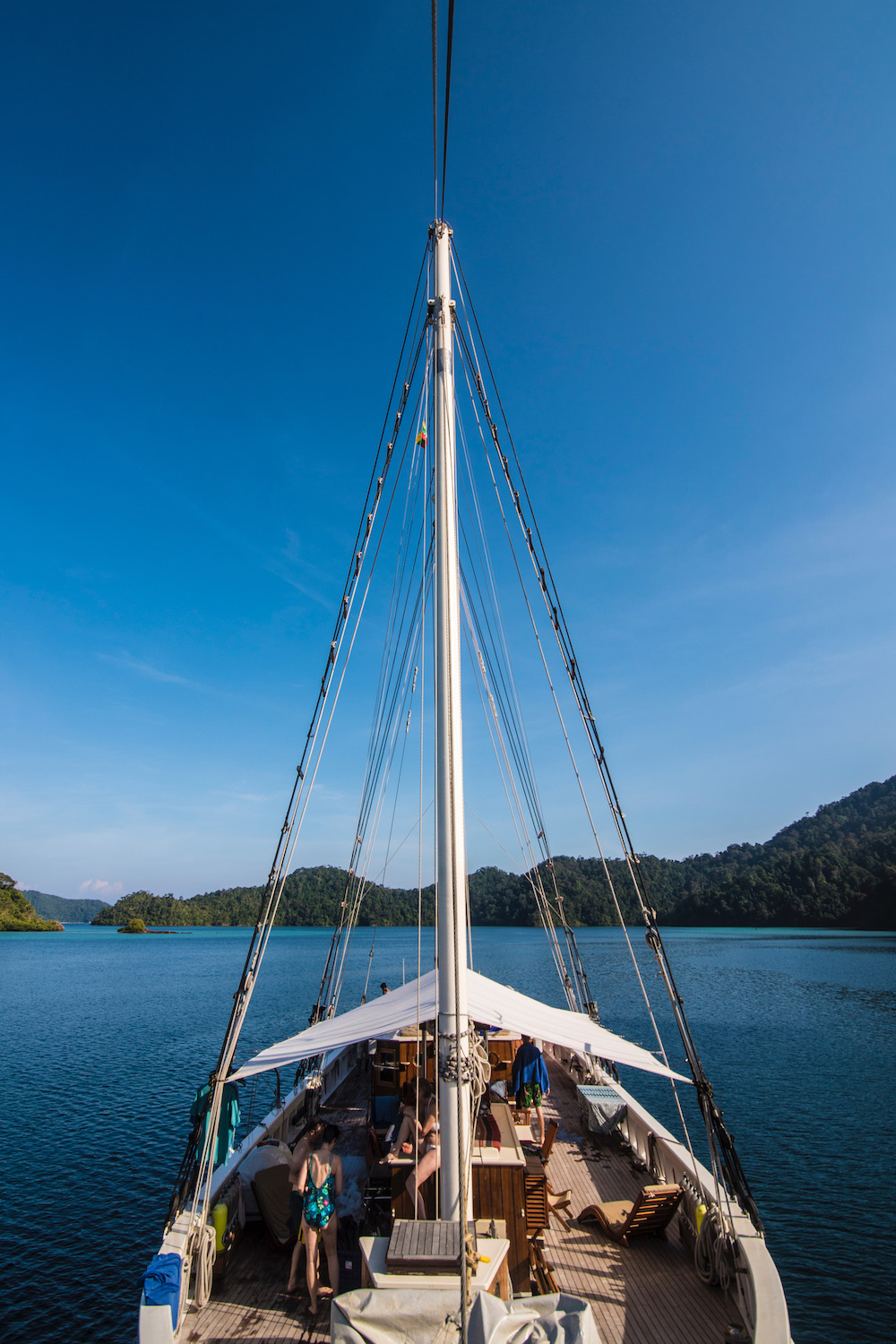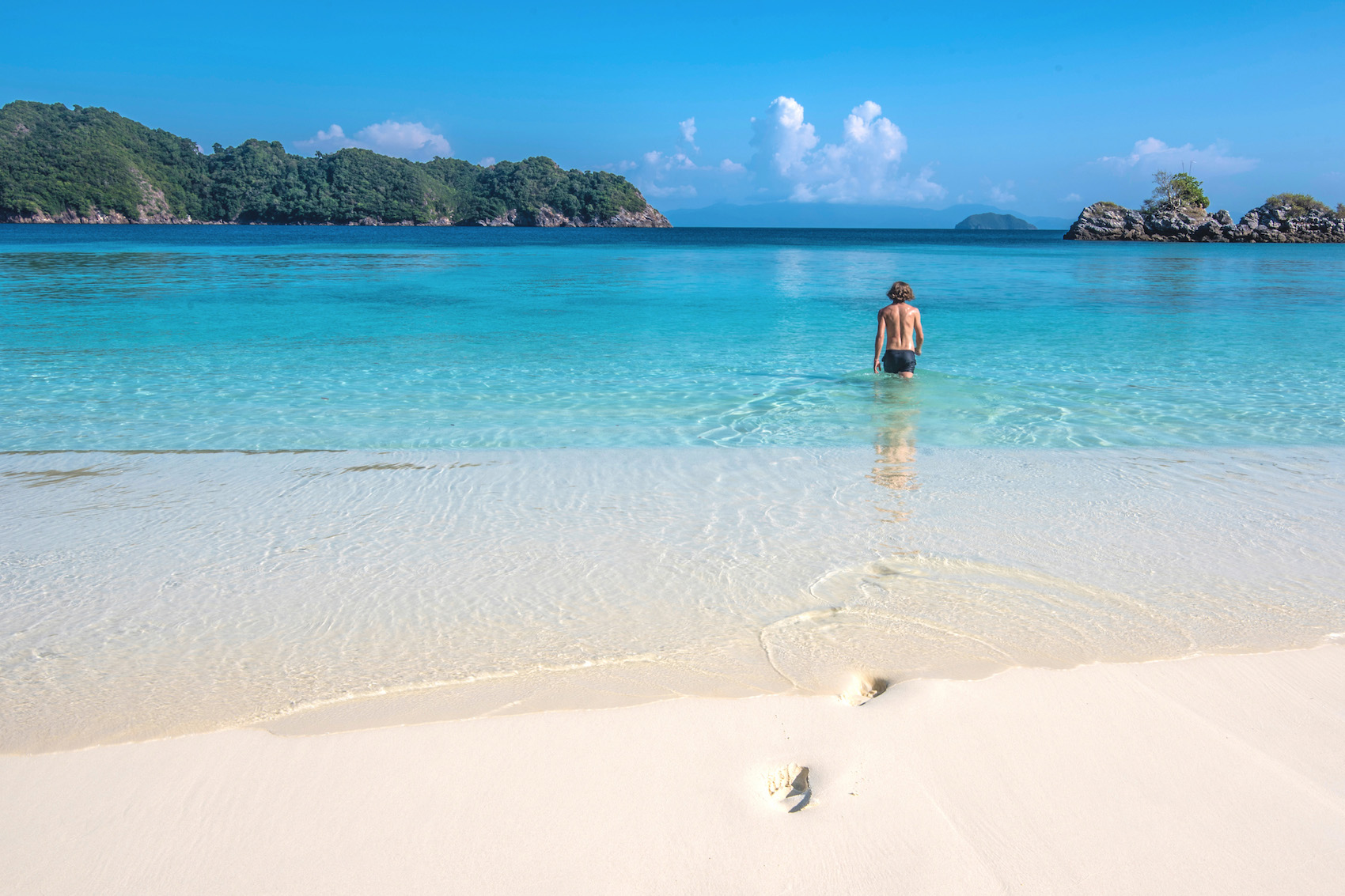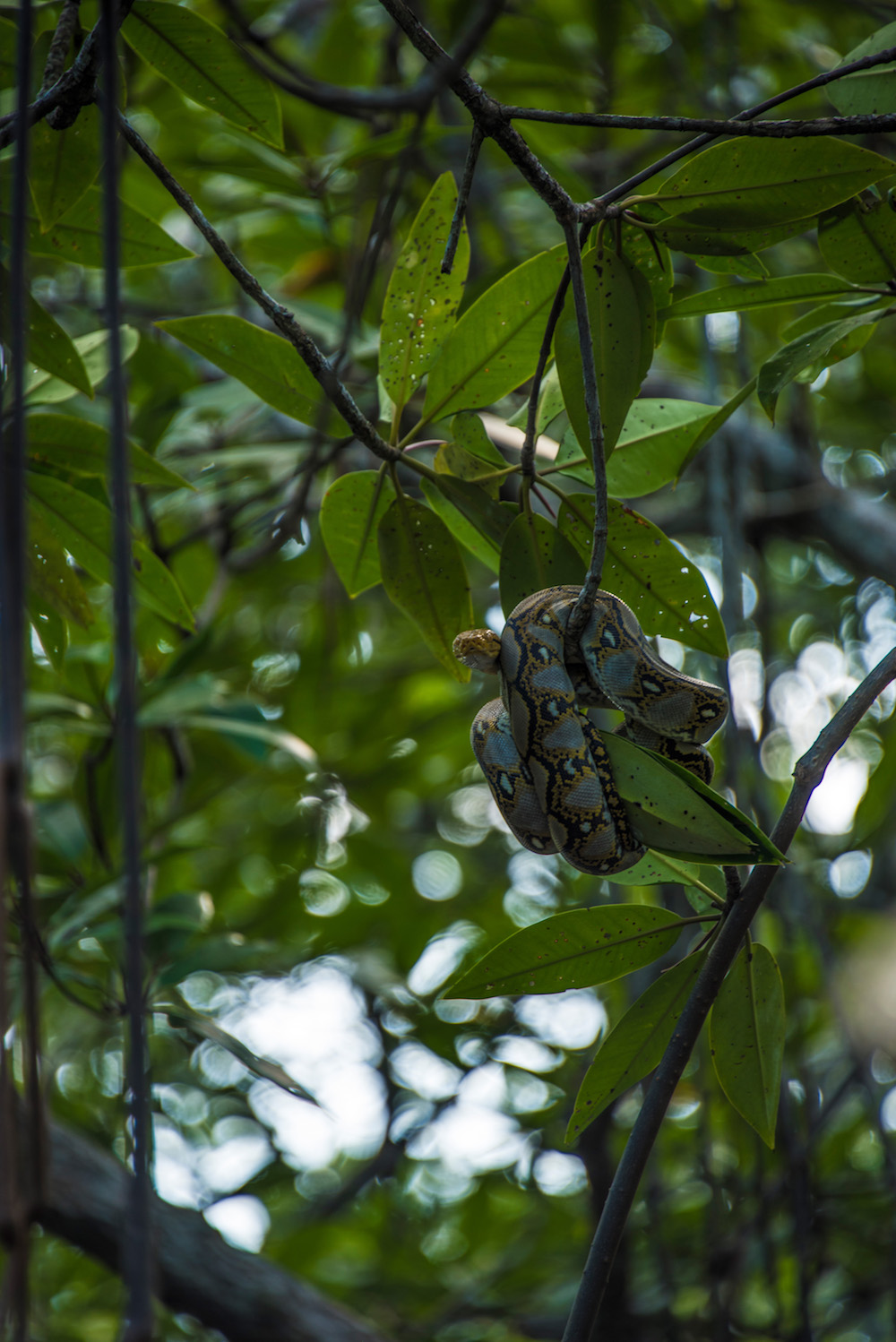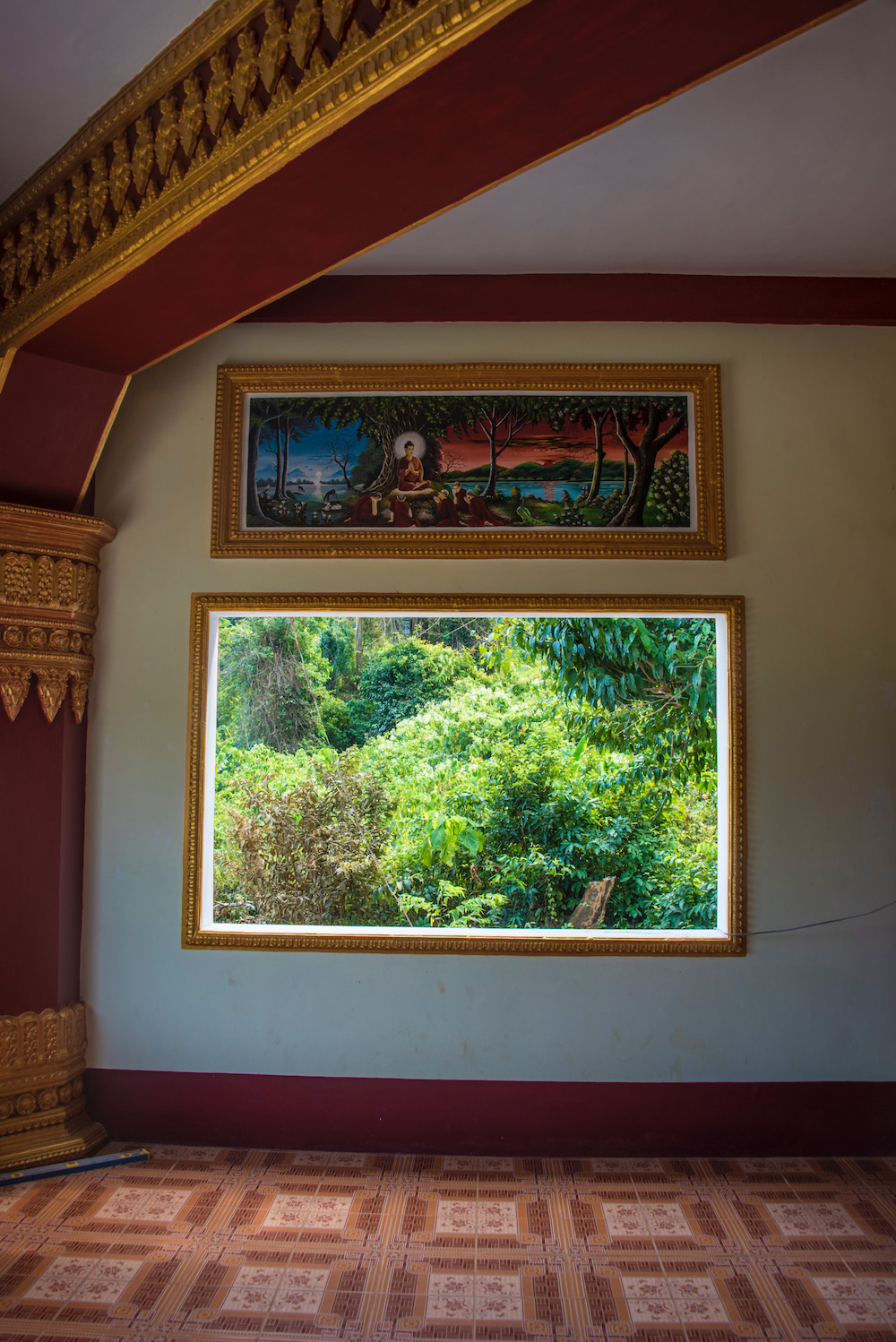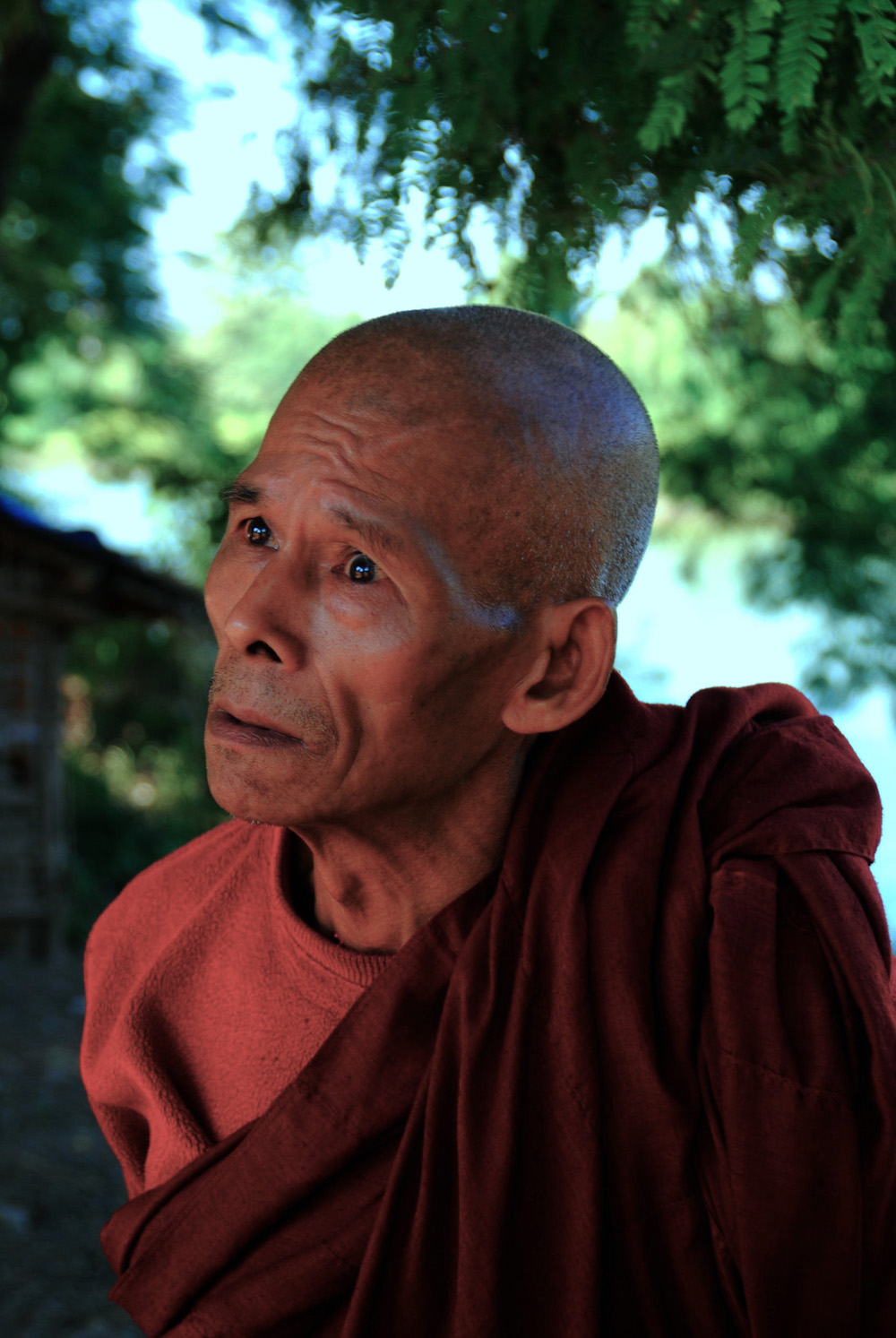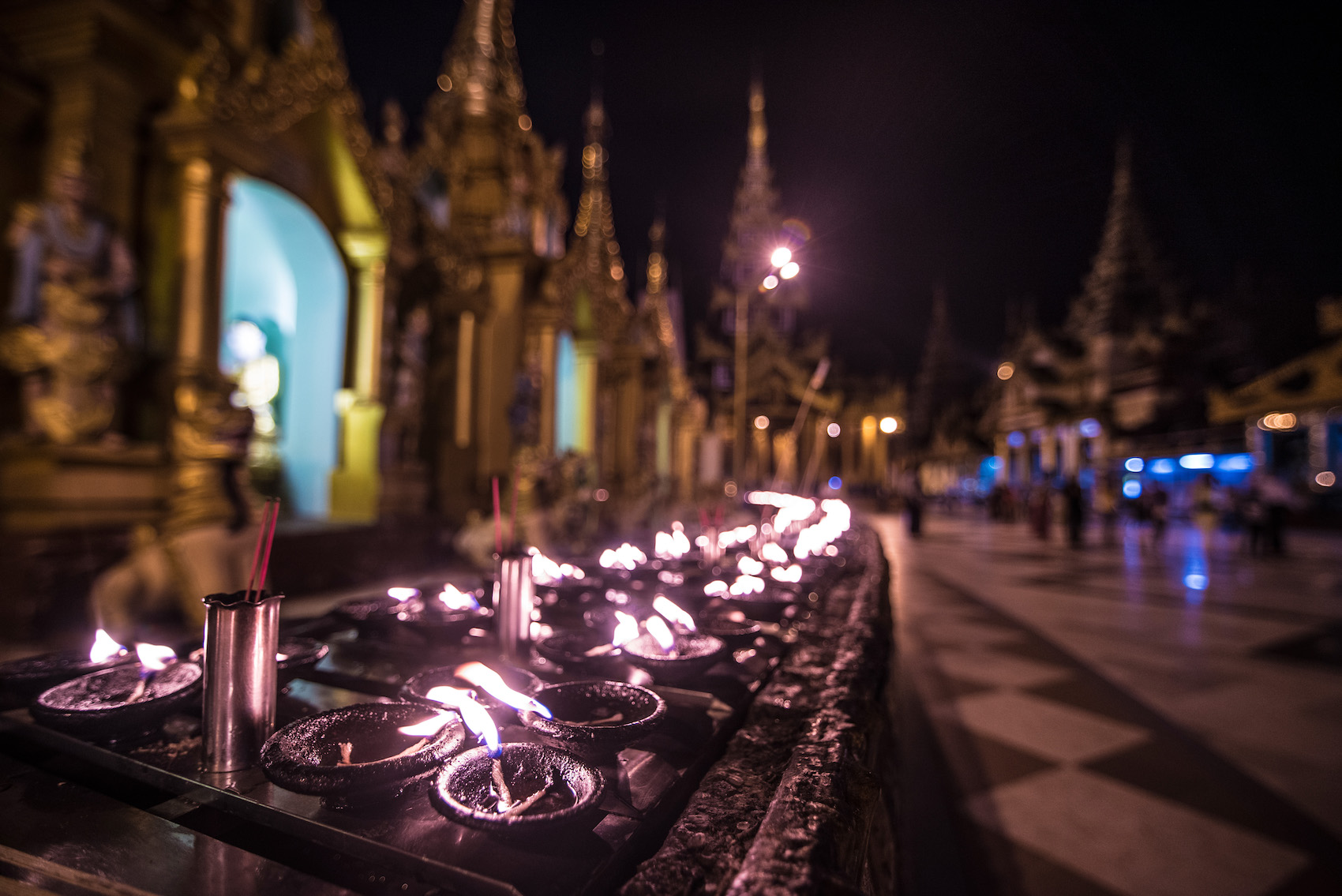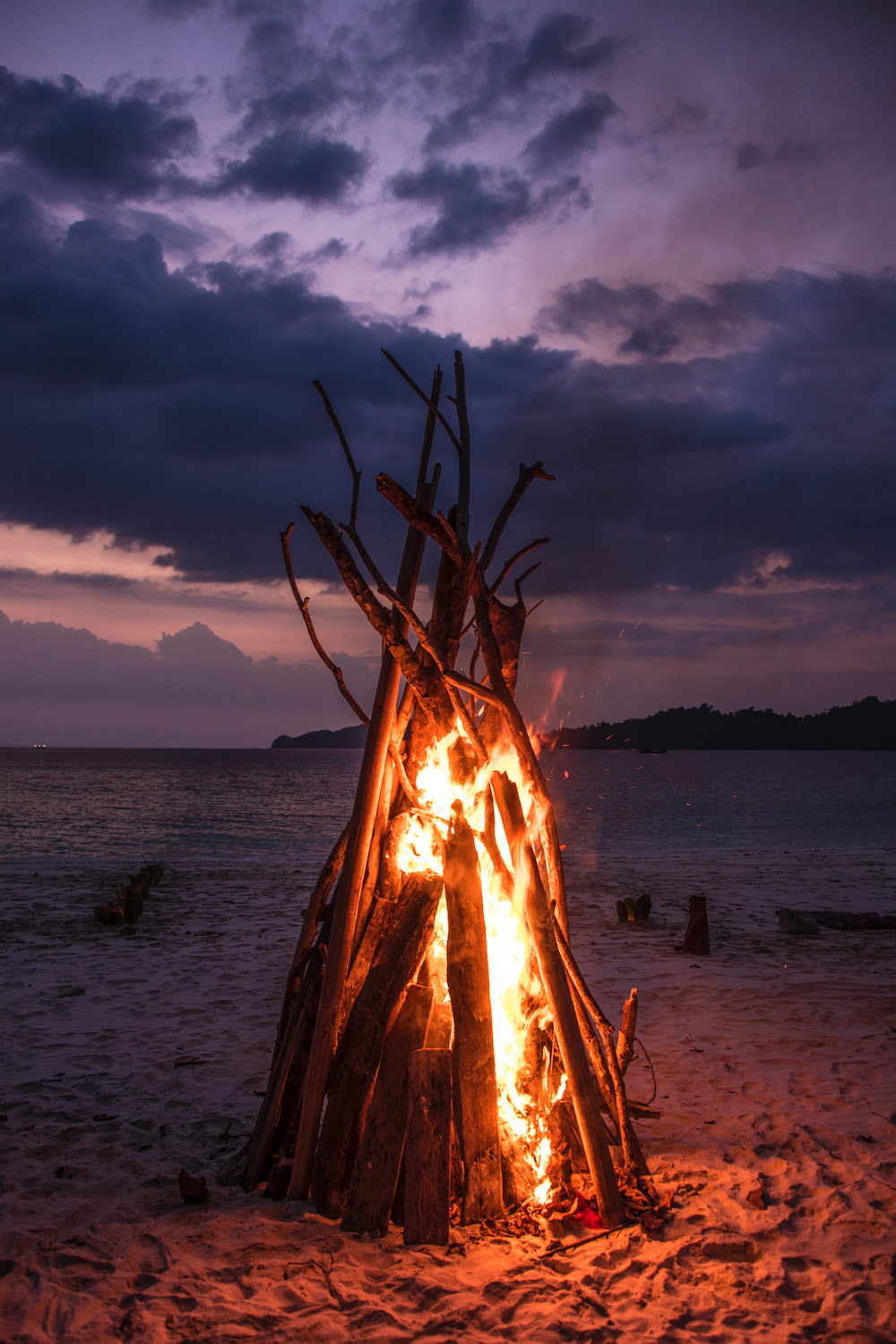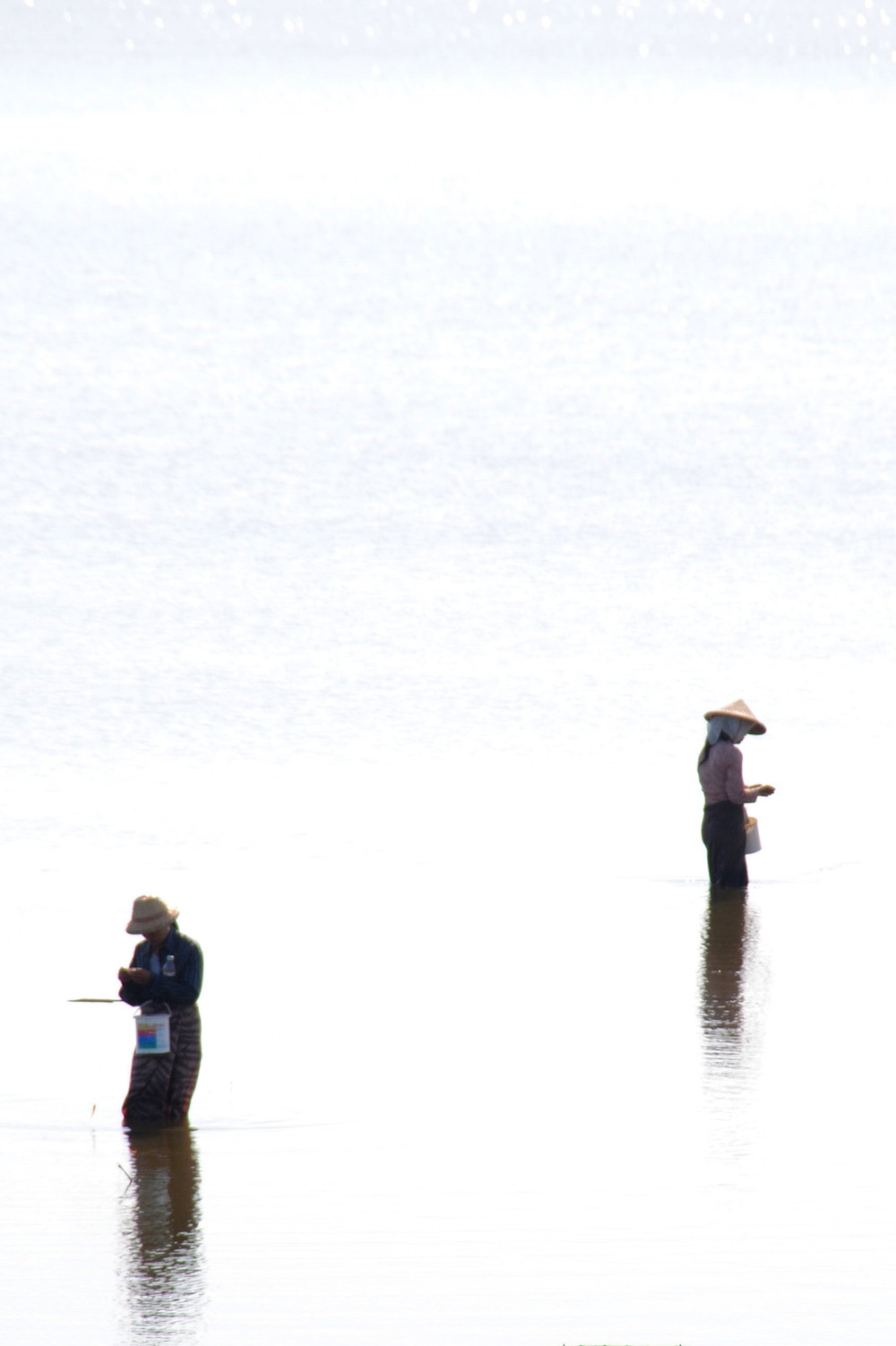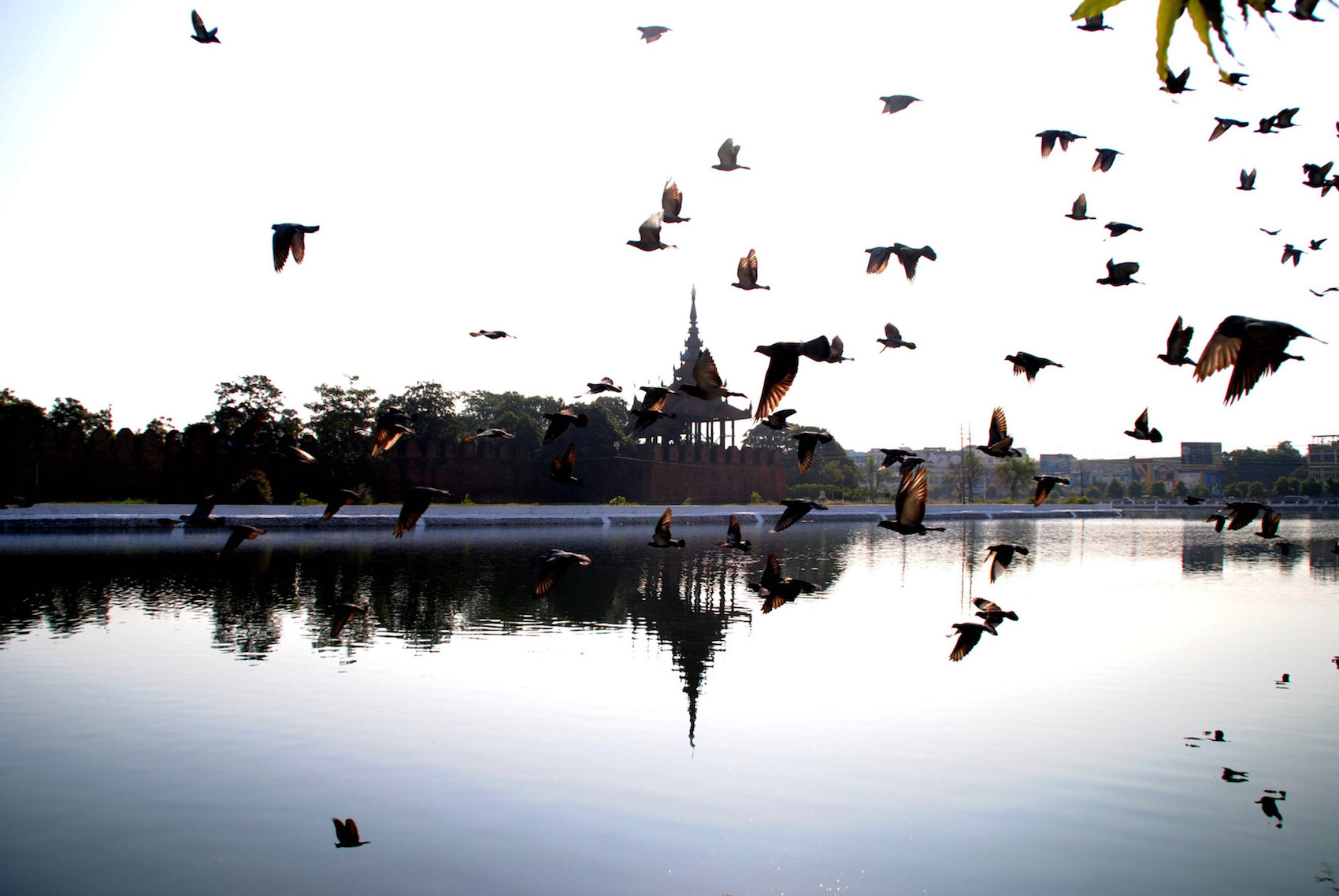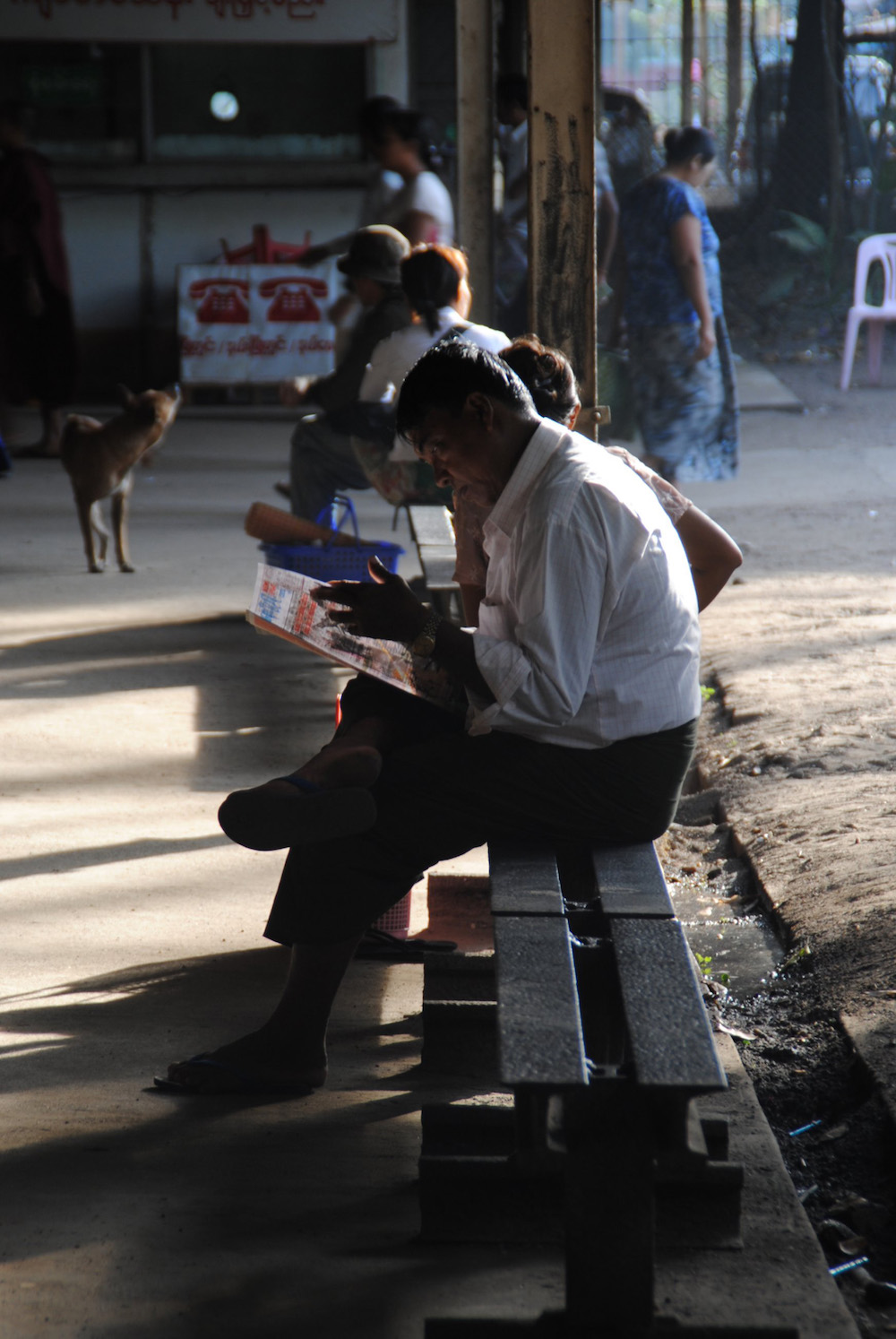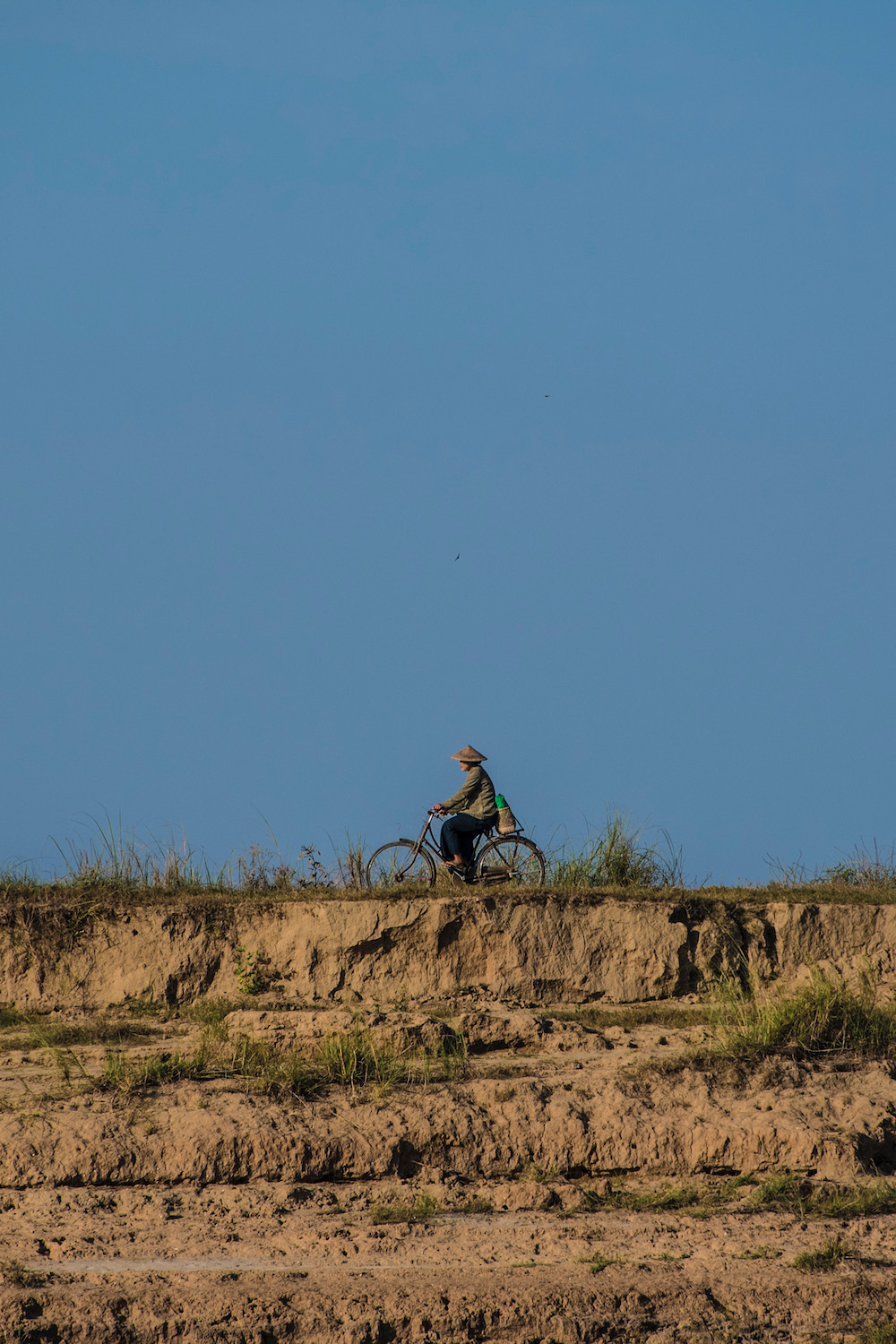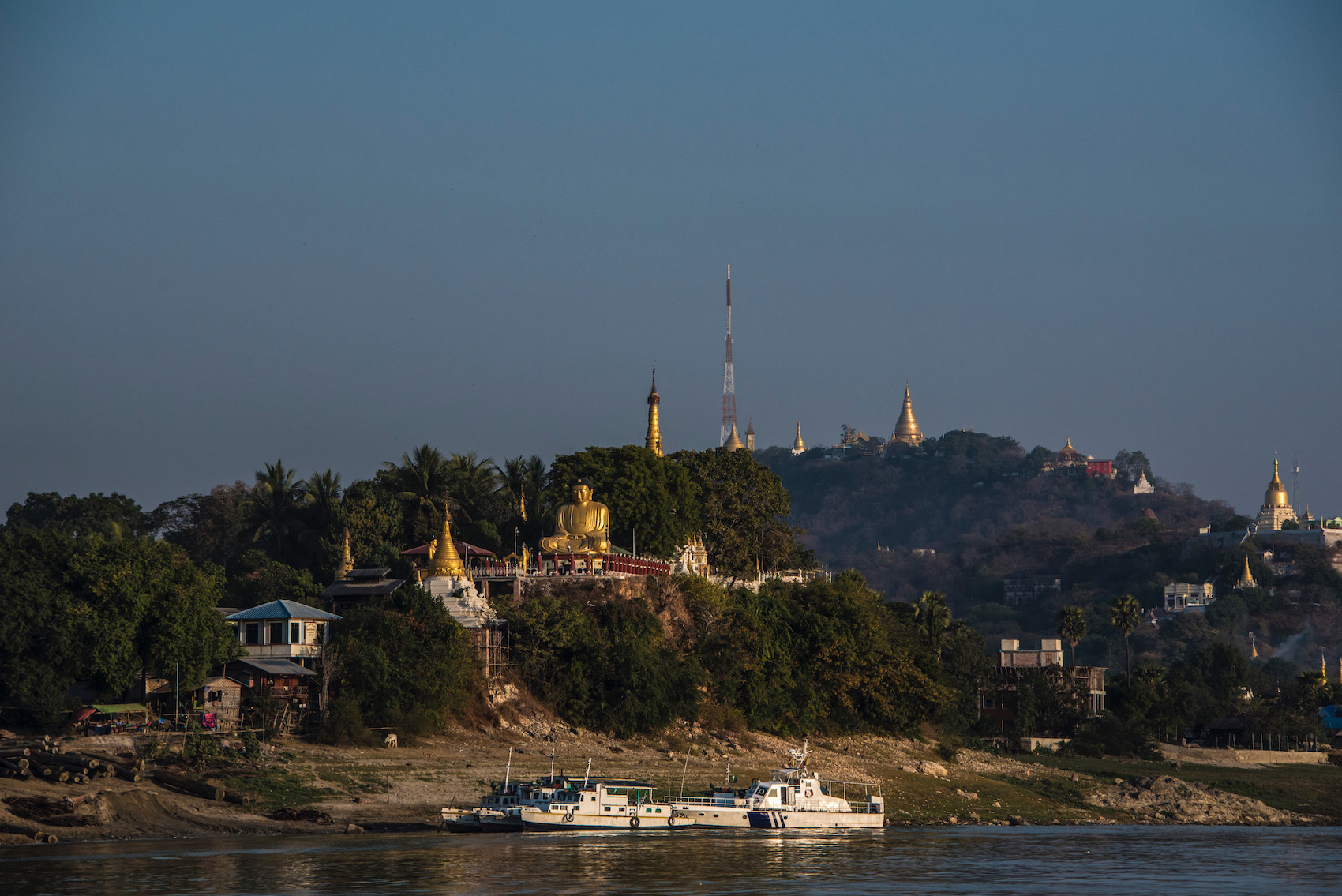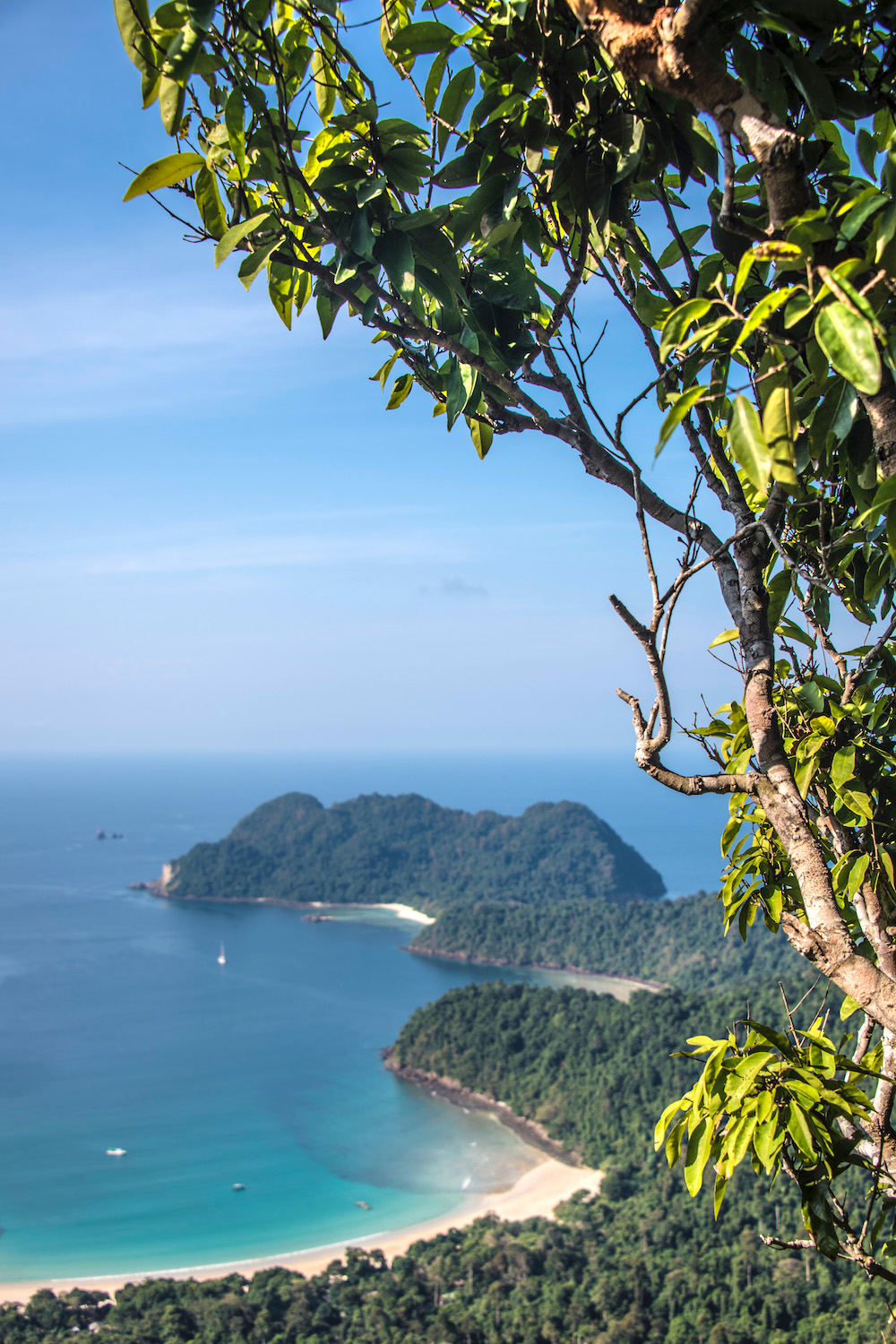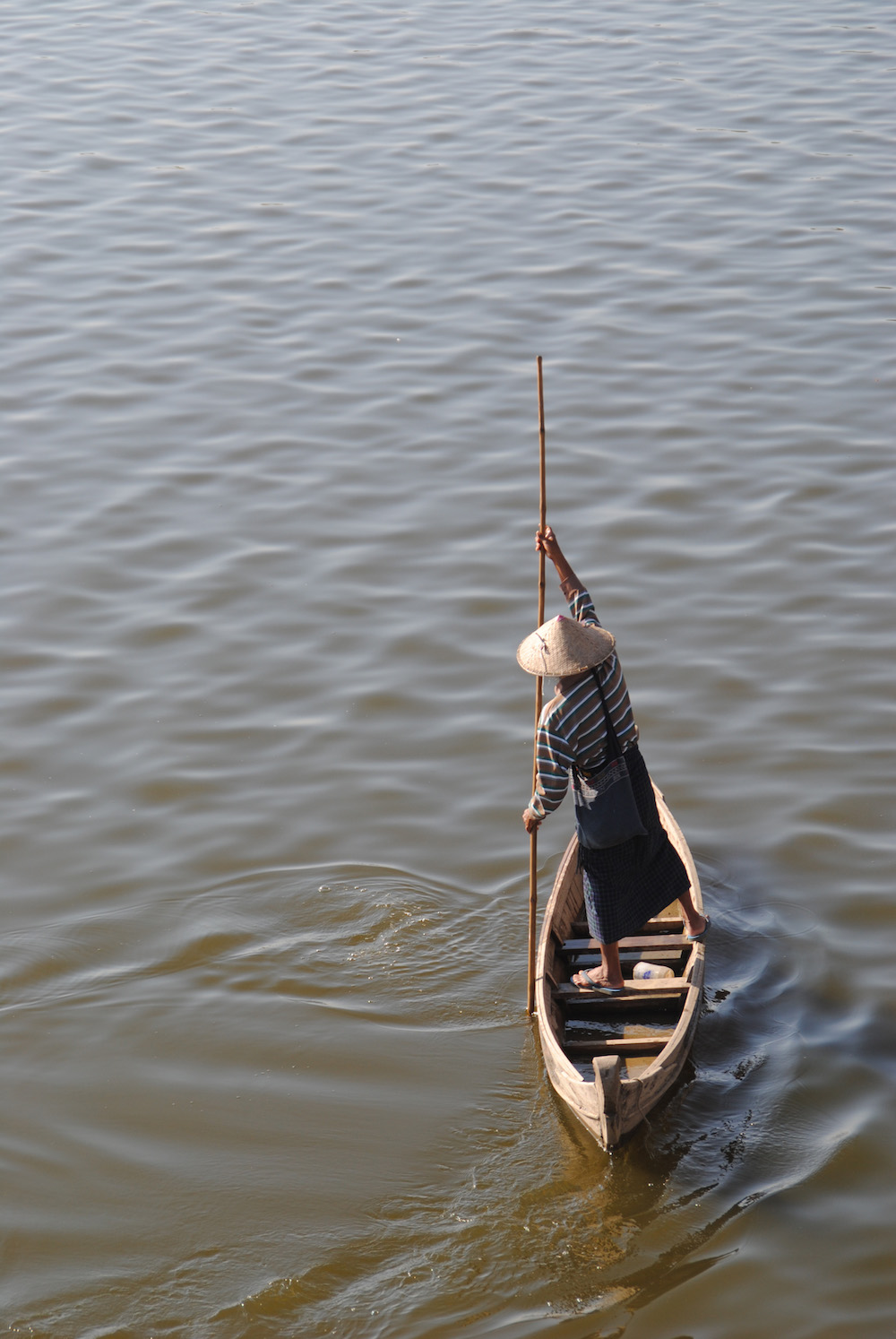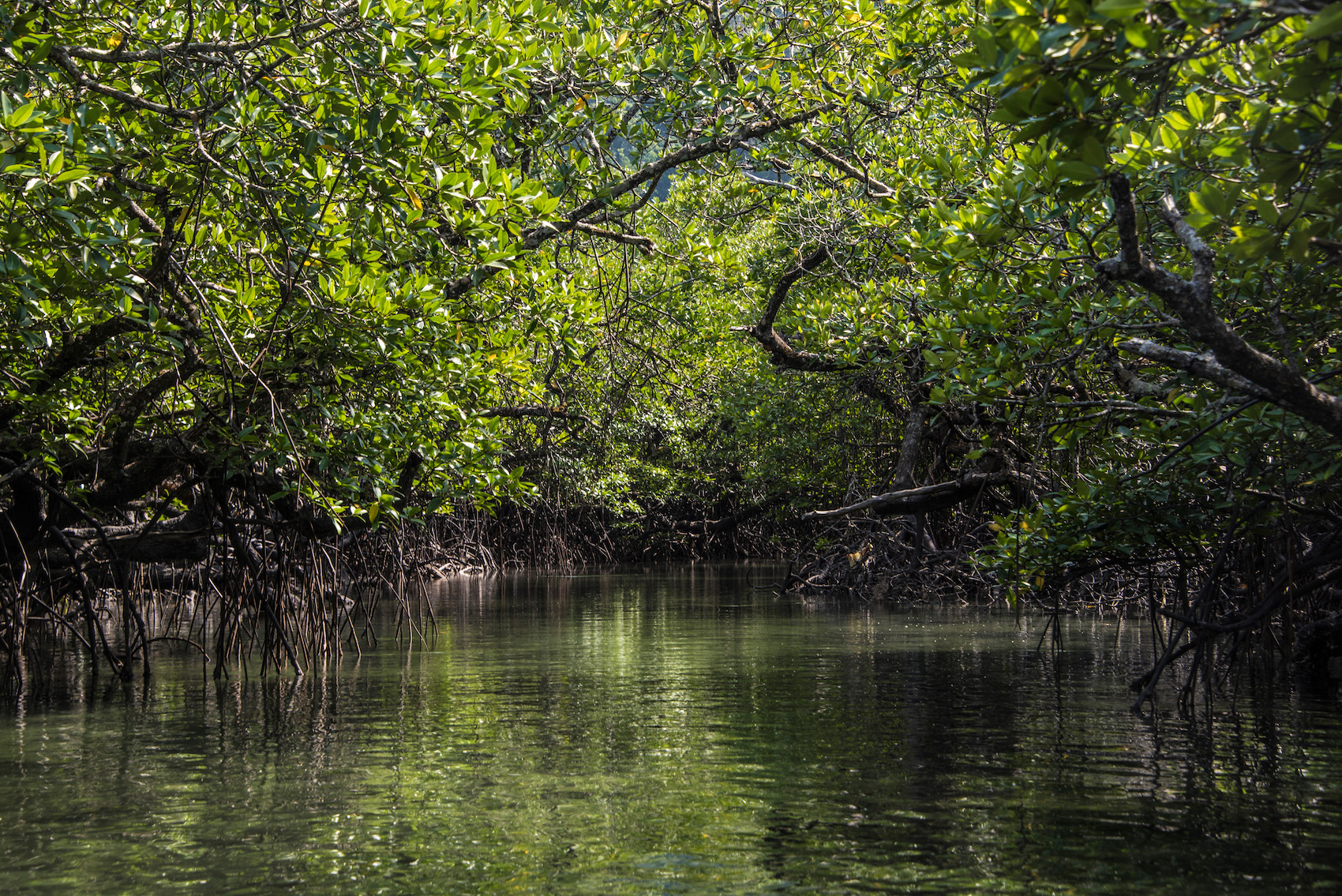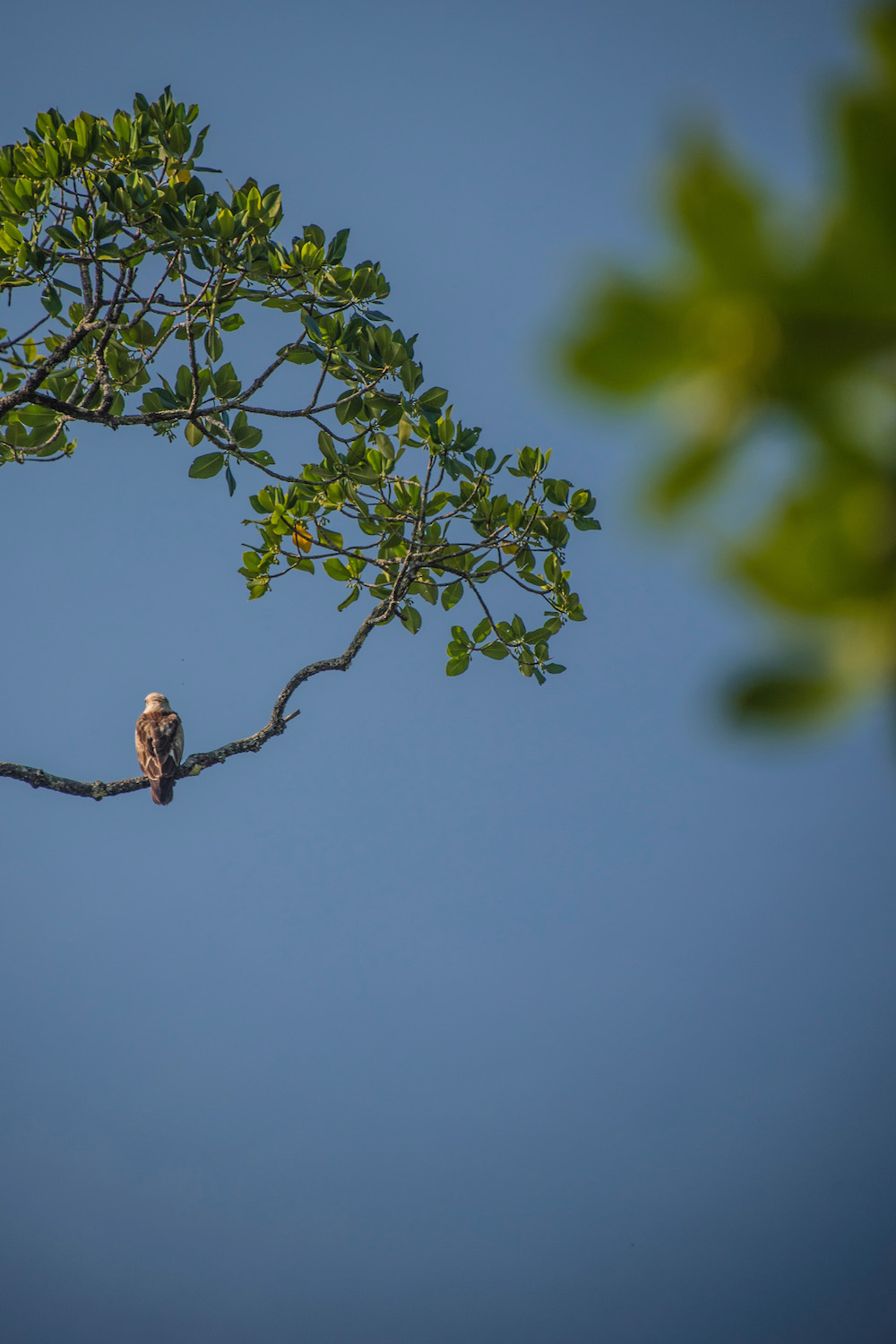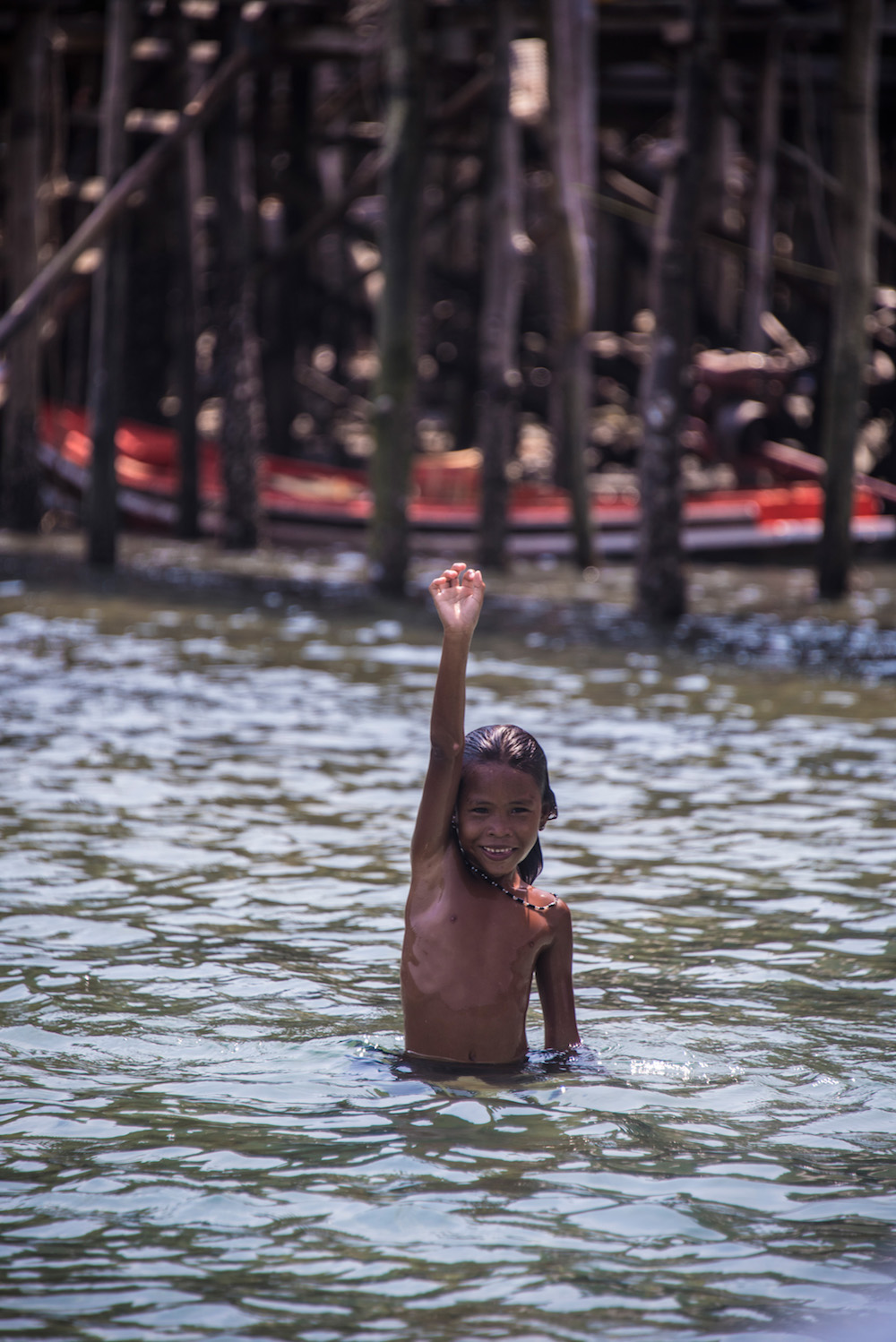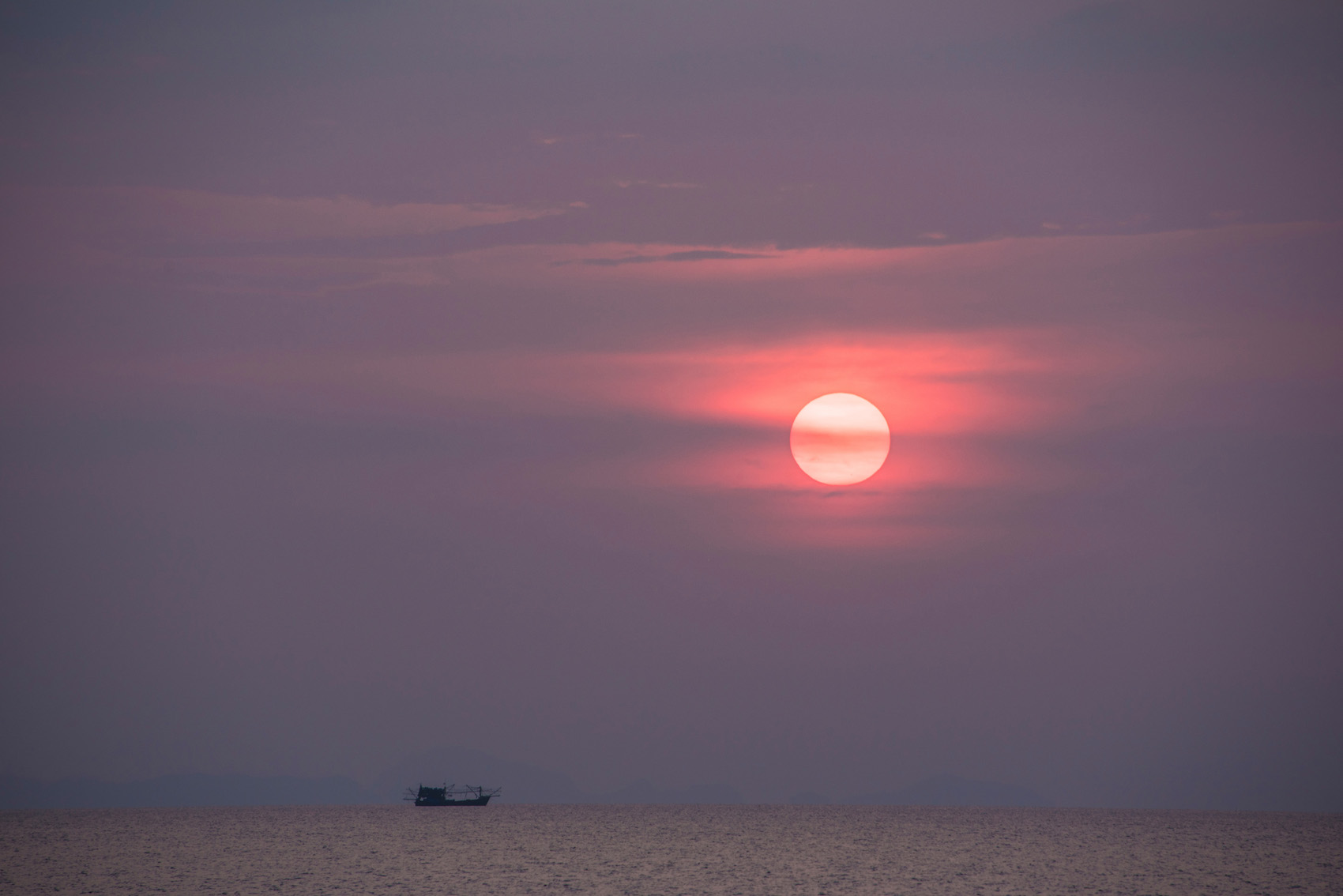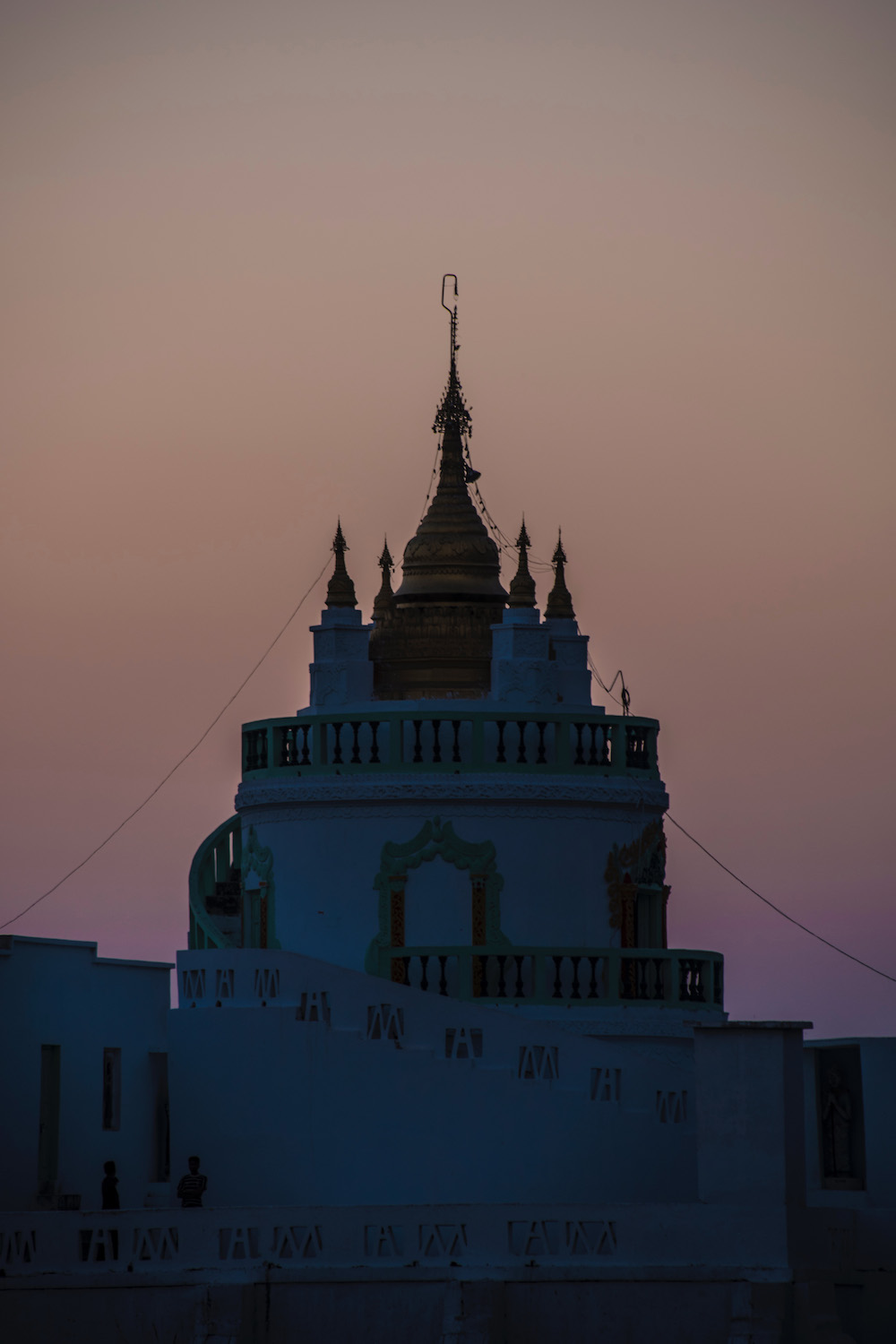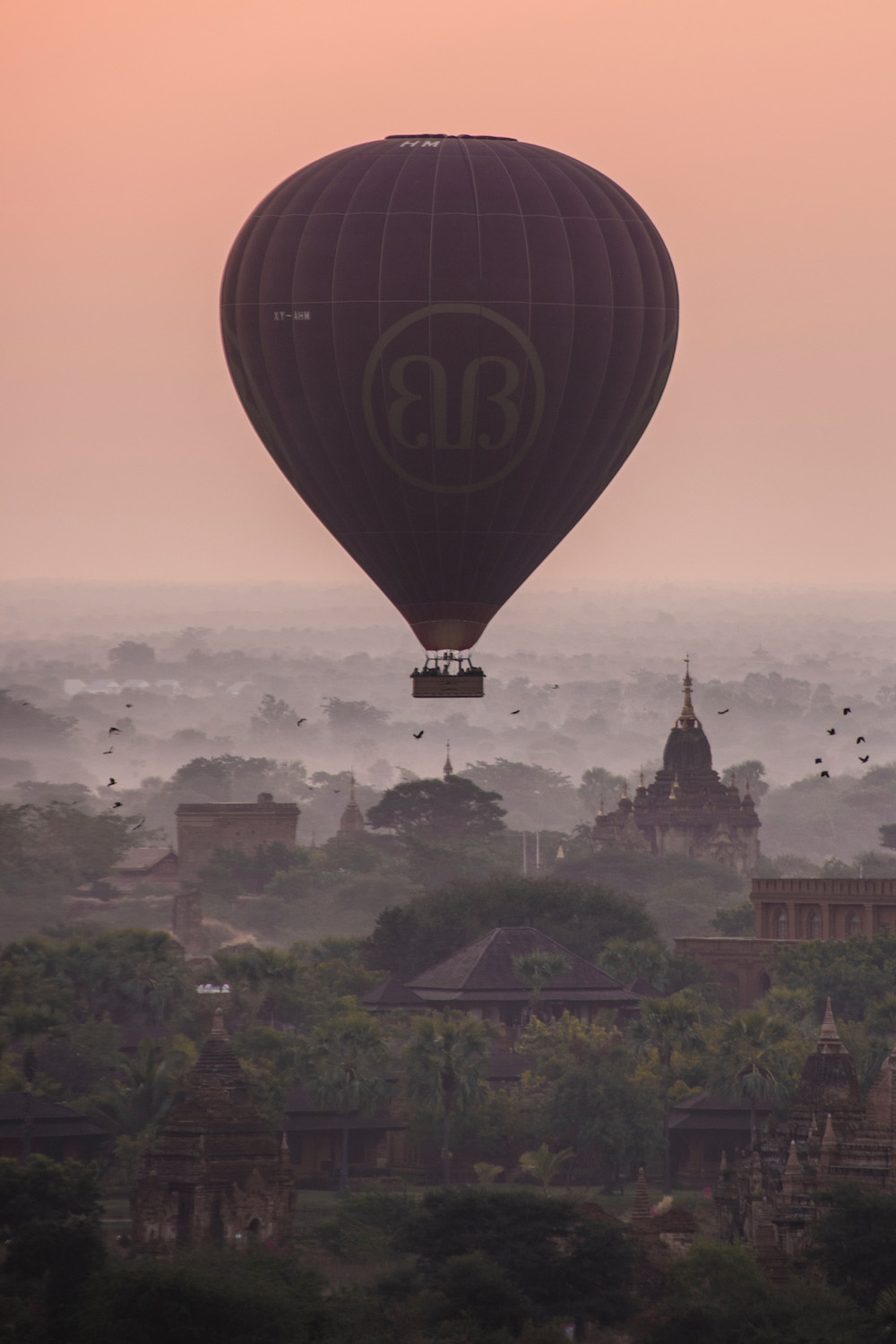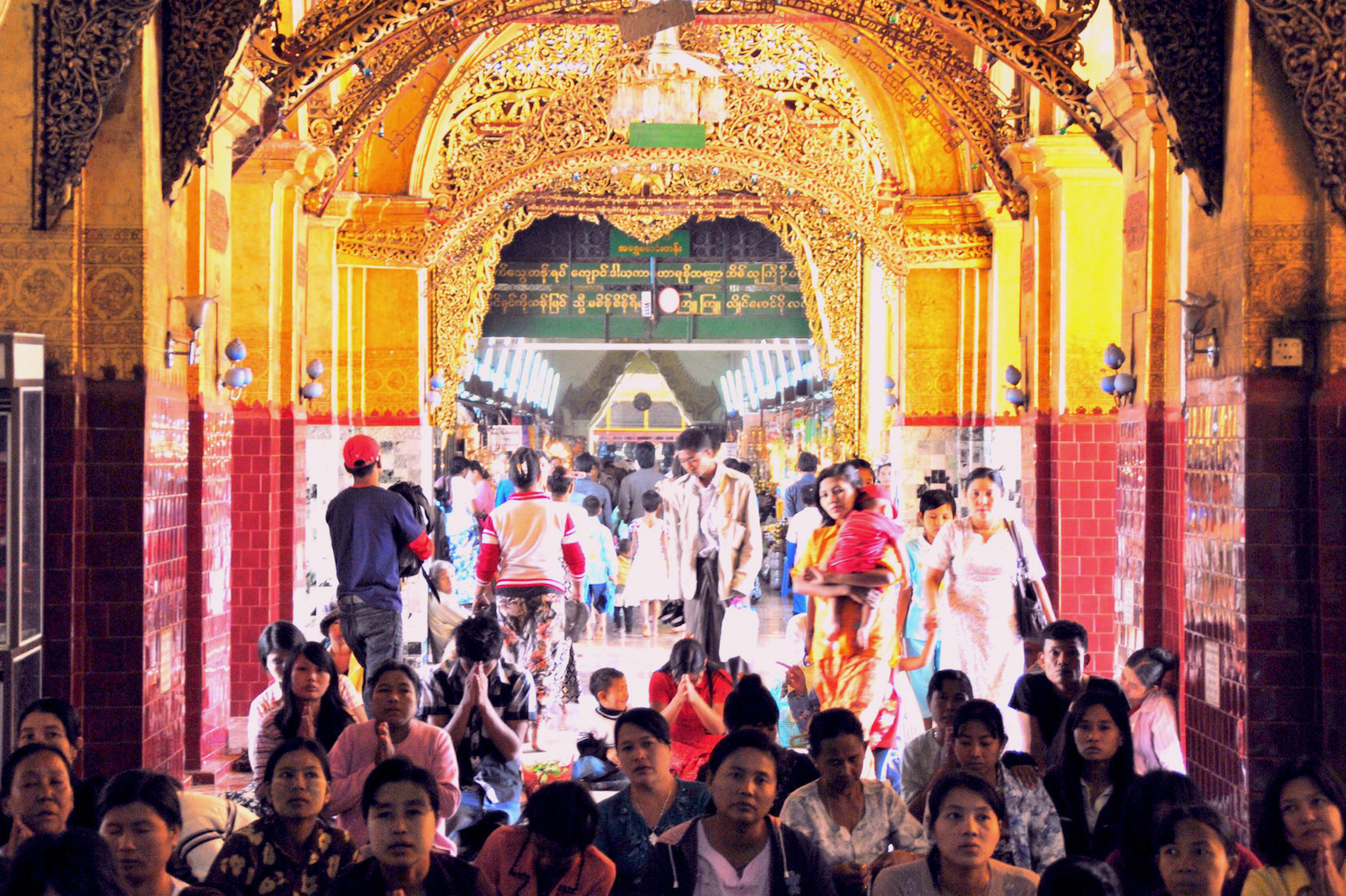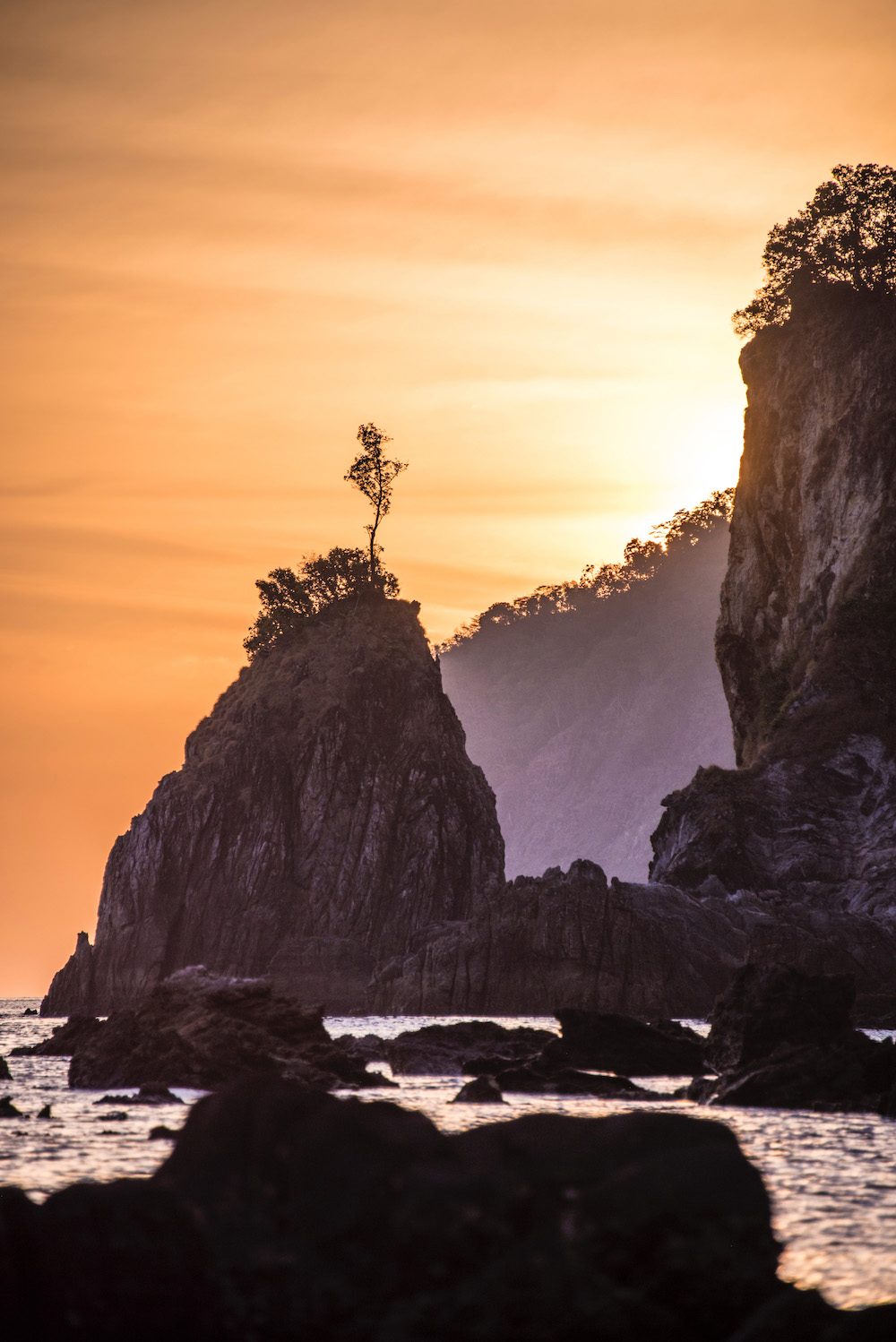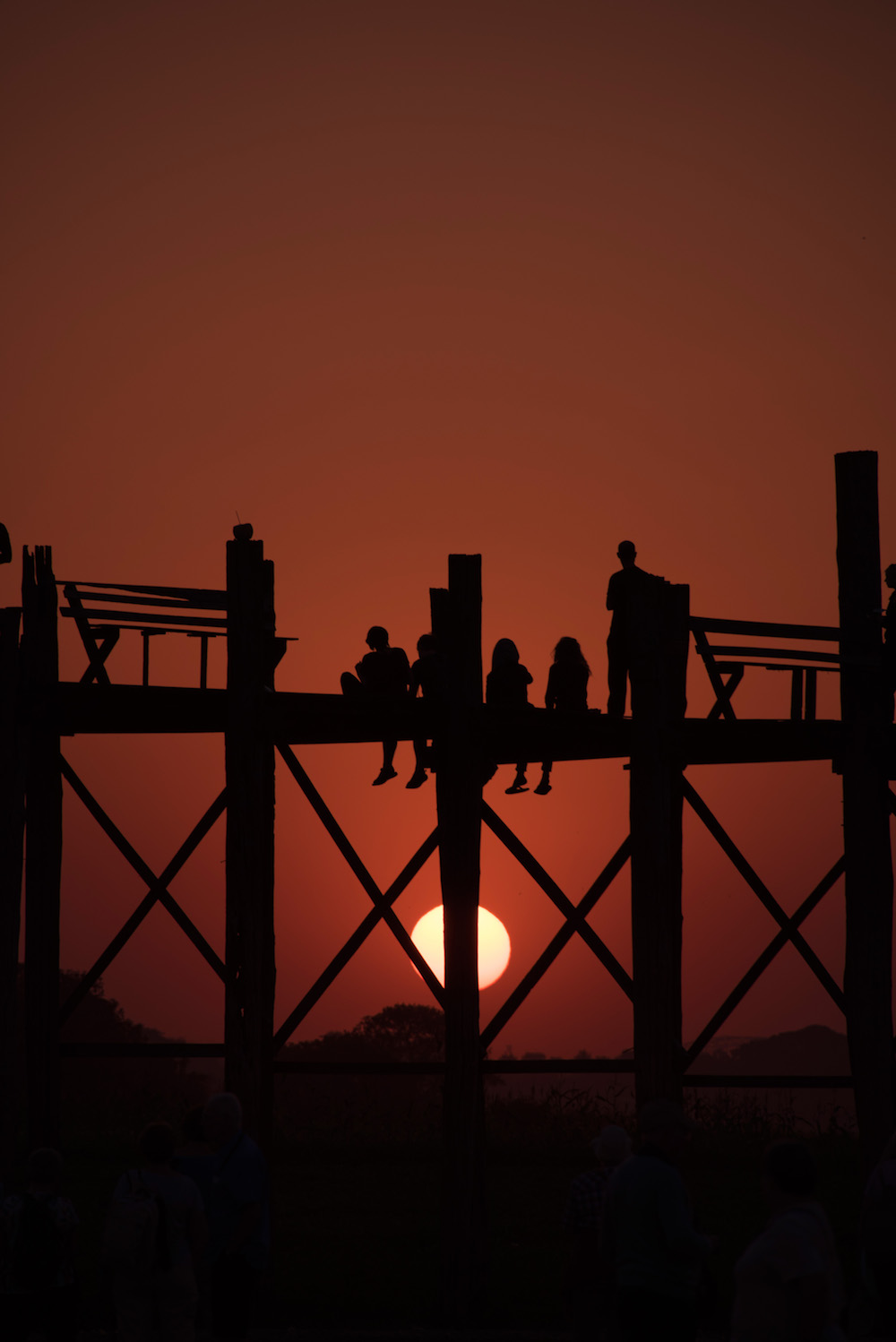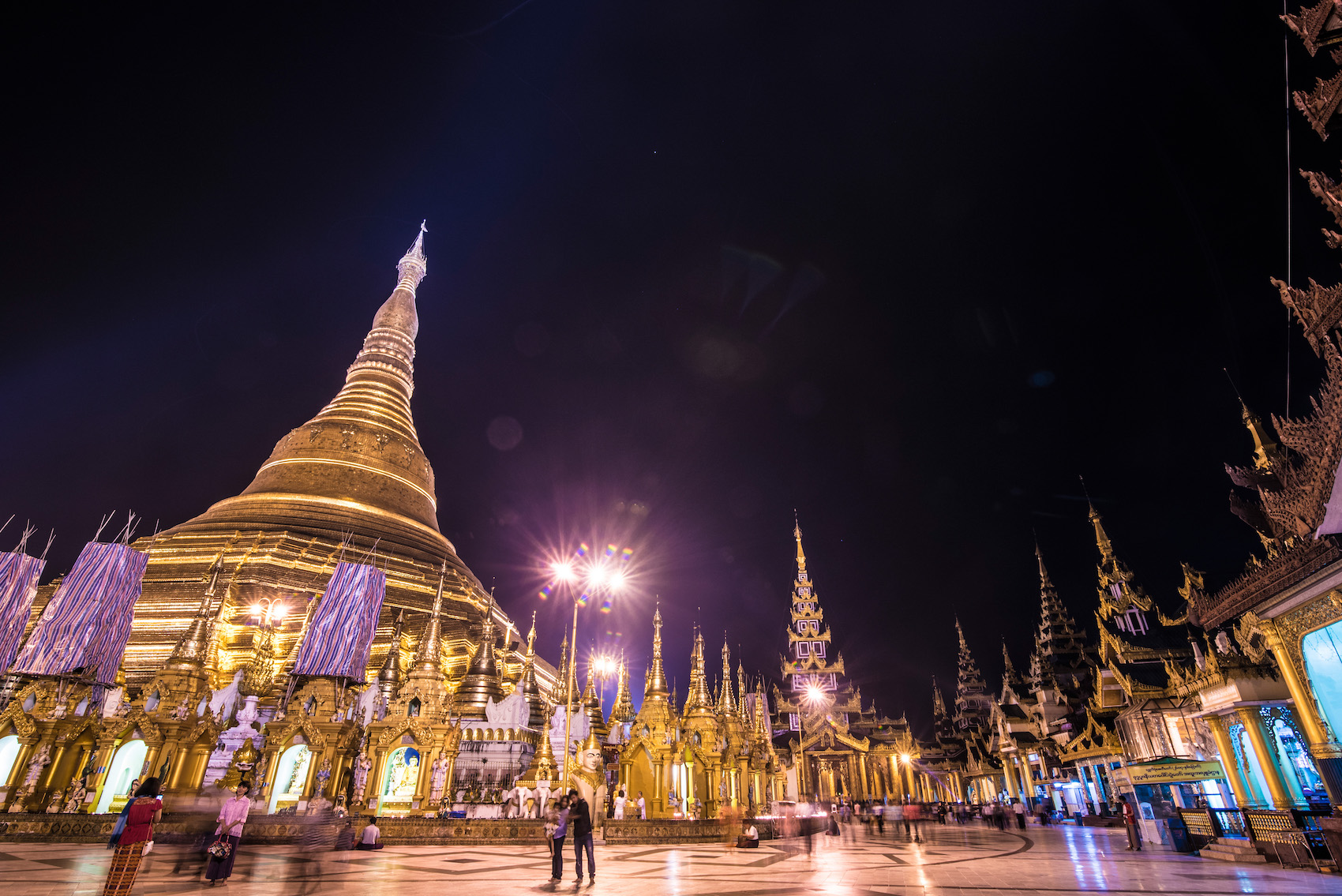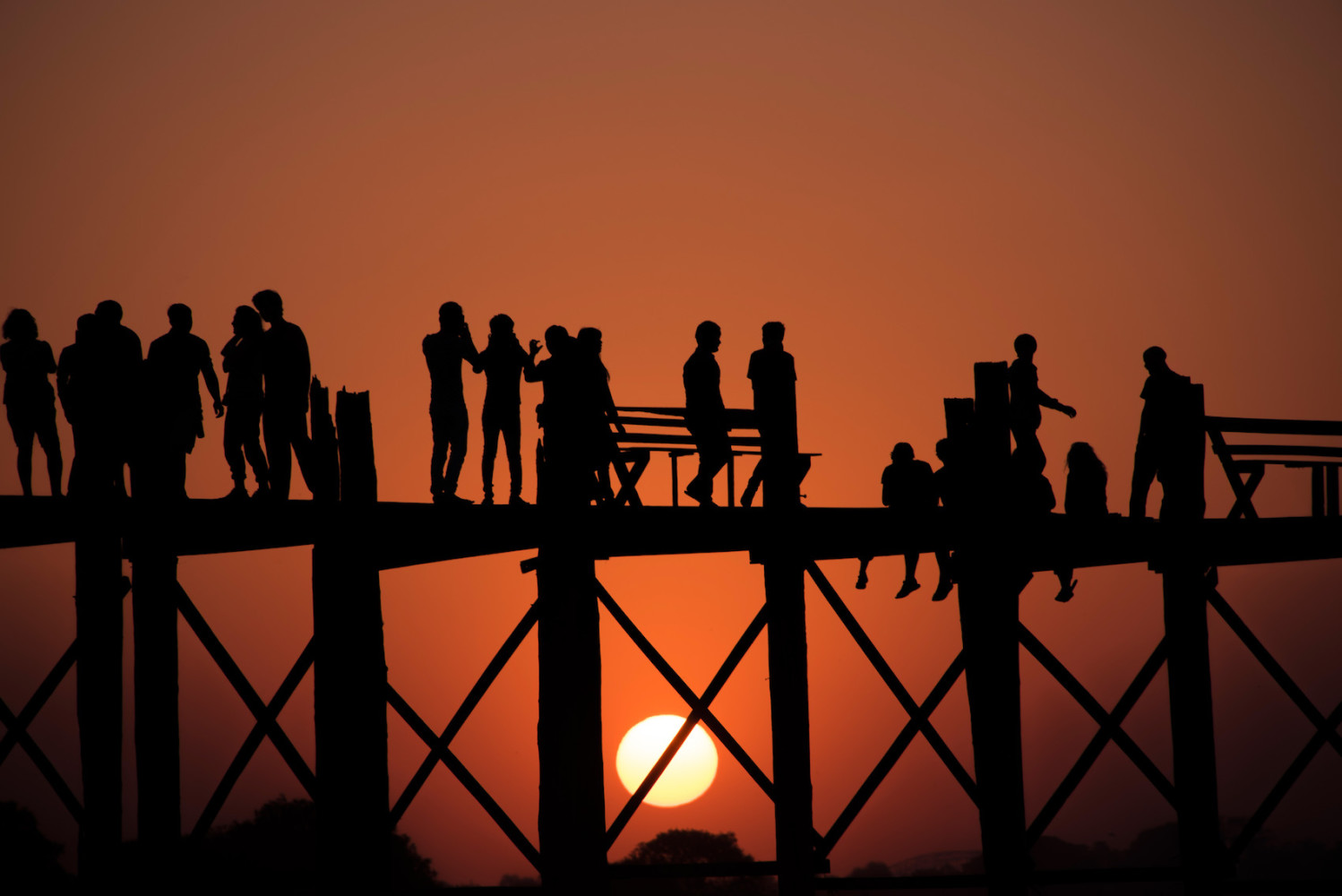About six years ago, when I was living in Shanghai and the success of this blog was about as improbable as a Chinese economic slowdown, I made the acquaintance of a trust-fund kid from Sydney. He had as little respect for my commonness as I did for the sense of entitlement with which he viewed the world, but we had insane sexual chemistry, so we dealt with it.
“It’s actually called ‘Burma,'” he said smugly one particular morning-after, as the late-winter sun beamed through the window of his huge apartment in the French Concession.
I sighed, accustomed to his condescension but not immune to it. “Well, I want to go there one day, regardless of what it’s called.”
He pulled on his boxer briefs and turned away from me in disapproval.
Privileged white people reject the name “Myanmar” because to them, it evokes the now-deposed military Junta that invoked it around the time it began slaughtering pro-democracy protestors. But what is lost on most of them, particularly those who reside in or originate from the Commonwealth, is that “Burma” came into use as a direct result of the British Colonial period, which was far from humane.
It’s six of one, half dozen of the other. I would learn this personally—and repeatedly—during both of my visits to the country.
“Japan is now the world’s largest economy, right?” a septuagenarian monk named Henry asked me as he ran his finger along a line of text in a current affairs publication from the late 1960s. “They’ve fully recovered from the devastation of World War II?”
I had no idea what to say—or think. We were in Inwa, a trapped-in-time village on the banks of an Irawaddy River tributary just outside of Mandalay, and it was 2010: The aforementioned Junta was still in power and I didn’t want to speak too candidly about, well, anything.
“The Japanese economy is doing great,” I smiled. I continued grinning awkwardly as a horse cart rattled loudly on the unpaved road behind me, but Henry wasn’t buying it.
Fast forward to two weeks ago. I’ve just floated over the temples of Bagan in a hot air balloon. I’d actually been slated to complete this activity during my previous trip, but had to skip it due to the food poisoning bout that nearly killed me the day after my chat with Henry.
Anyway, I’m about to head back to my hotel when a young boy carrying a huge stack of books accosts me.
“Ten dollars!” he shouts, and shoves a bootlegged copy of George Orwell’s Burmese Days in my face. “Ten dollars!”
I take the tome and hand him two scarlet 5,000-kyat notes. “How about 10,000 kyats?” I ask, even though I’ve given him no choice in the matter. He happily skips away.
By now, of course, the roads here are paved, and brand-new vehicles outnumber horse carts by a huge margin. I’m about to get into one of them, a 10-passenger Hyundai van owned by the high-end Balloons Over Bagan, once I finish my glass of fine French champagne, that is. And once my inbox is cleared: Myanmar now boasts multiple LTE-speed cellular data networks.
Yes, I said “Myanmar.” Frankly I’ve always been partial to Shakespeare—roses smelling sweet by any name, and shit—but the fact is that today’s Myanmar is an infinitely preferable place to the Burma depicted by Orwell and others. And if you think I deserve to be talked down to because I choose to use this word, you can fuck yourself as hard as Queen Victoria fucked the Burmans.
Alternatively, I recommend you let go of your attachment to one name or the other and just travel here instead. Trust me: It’s worth the double—or, more likely, triple—connection.
